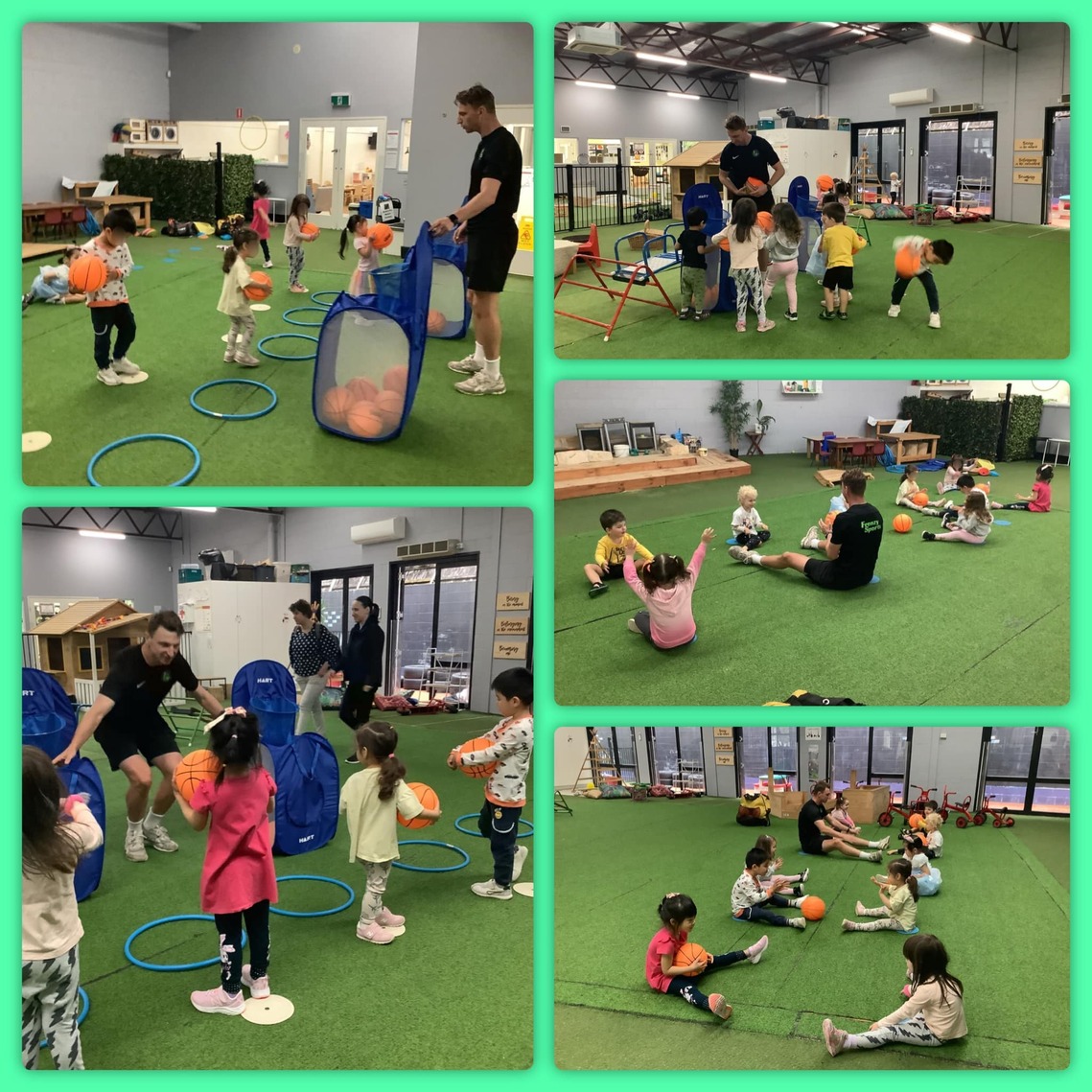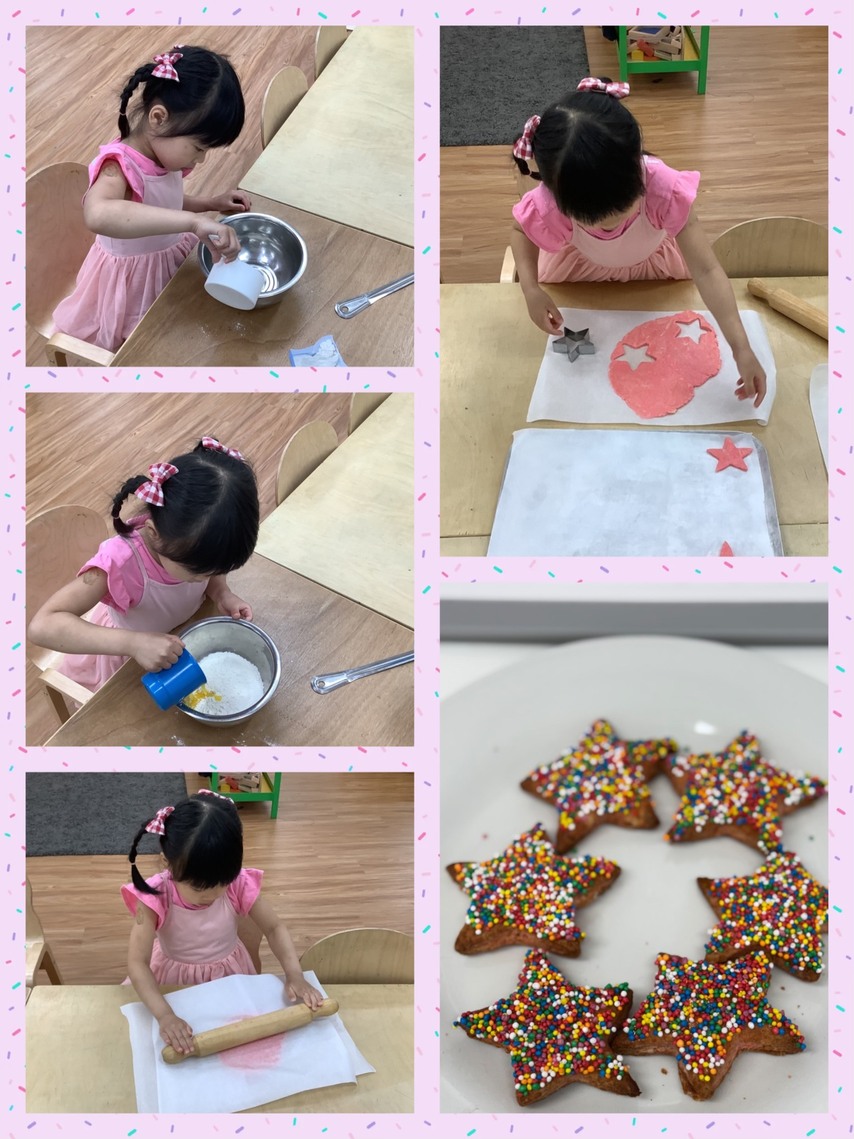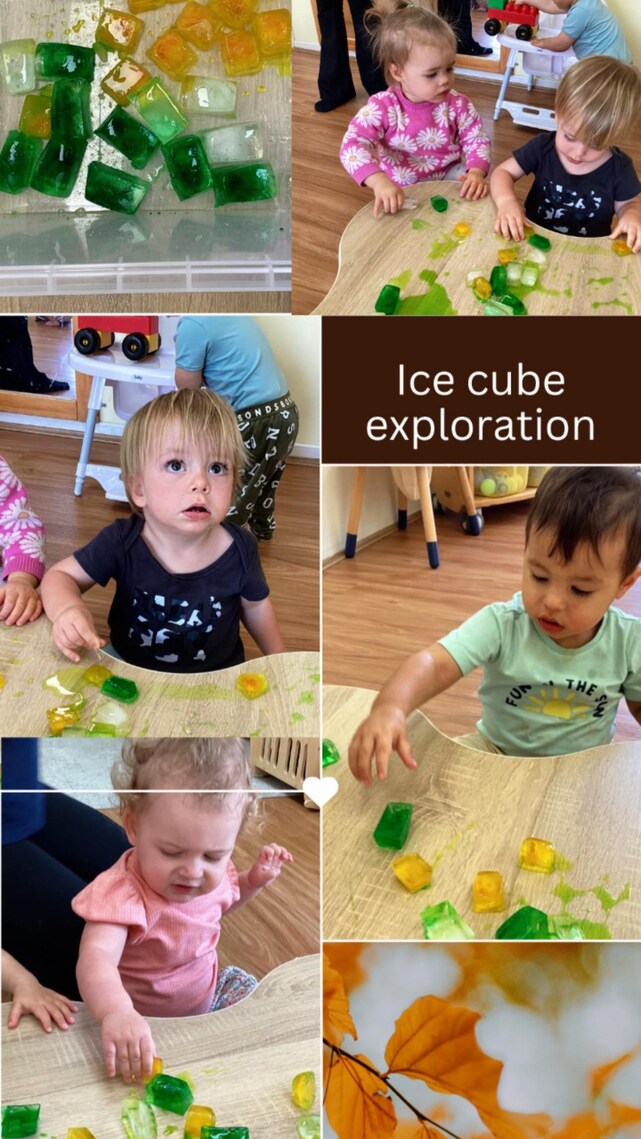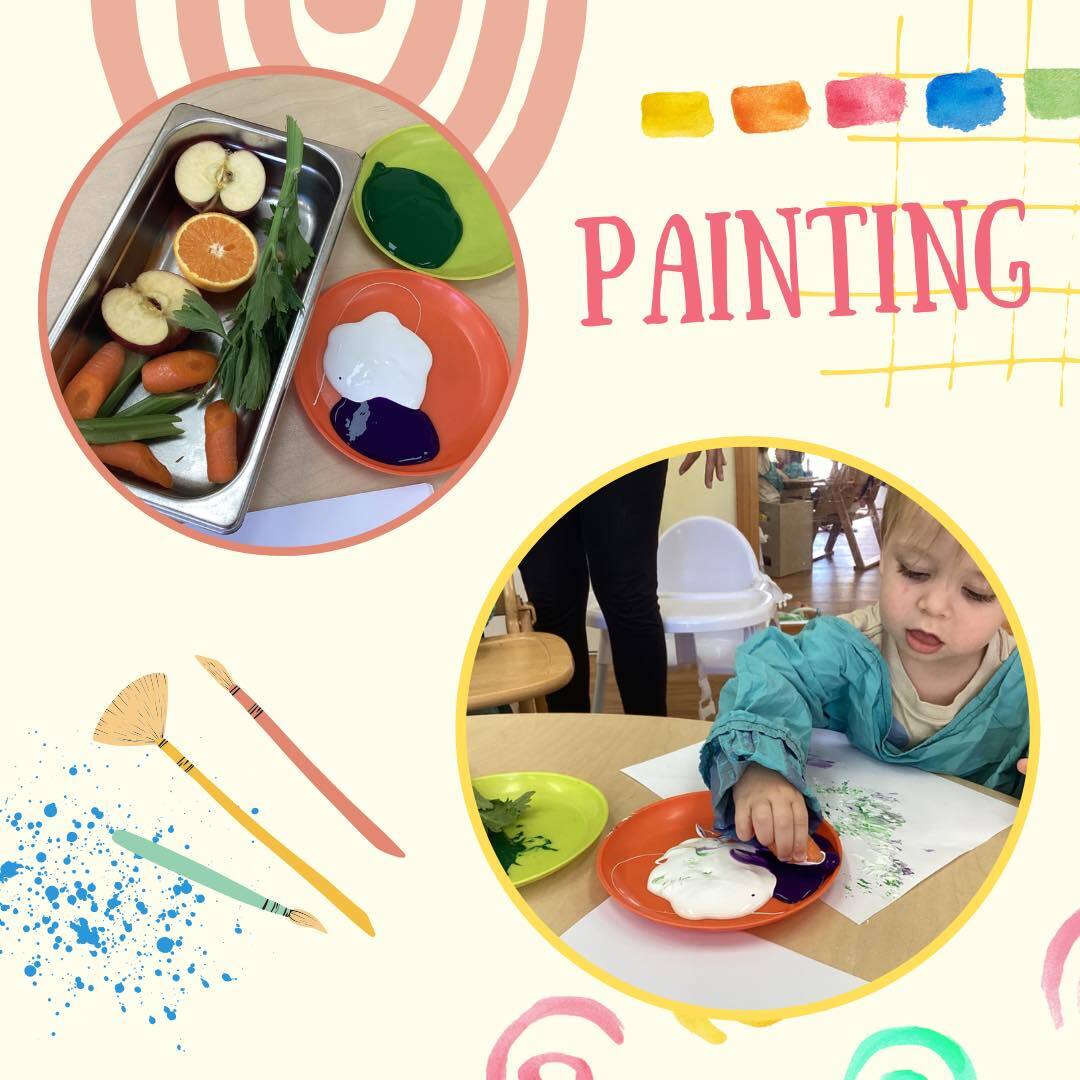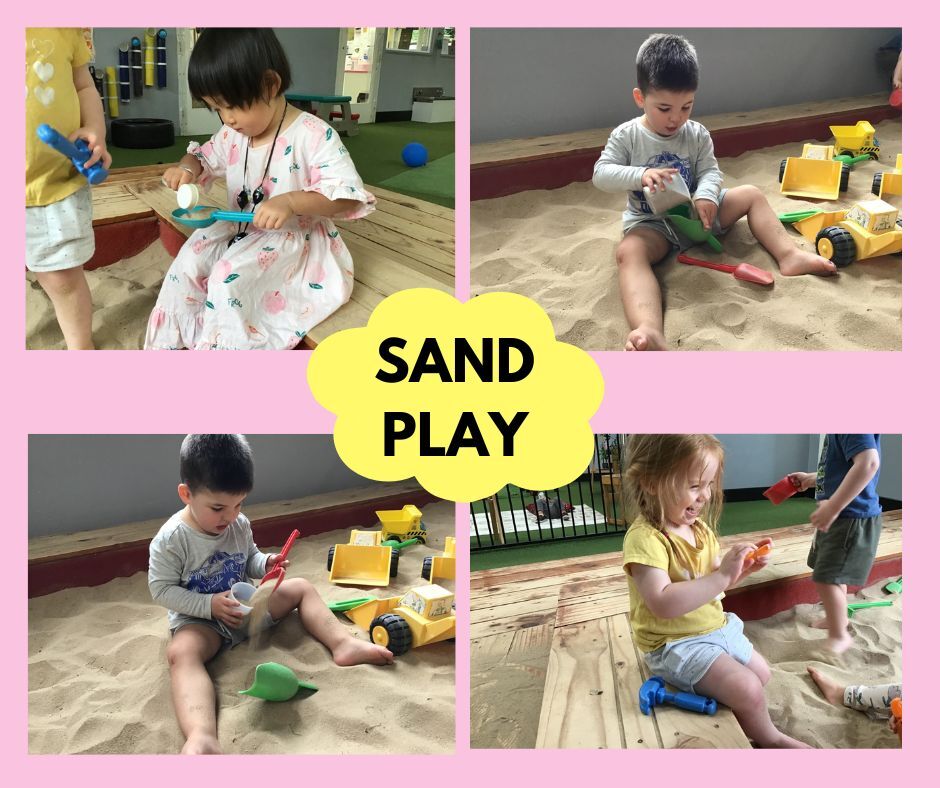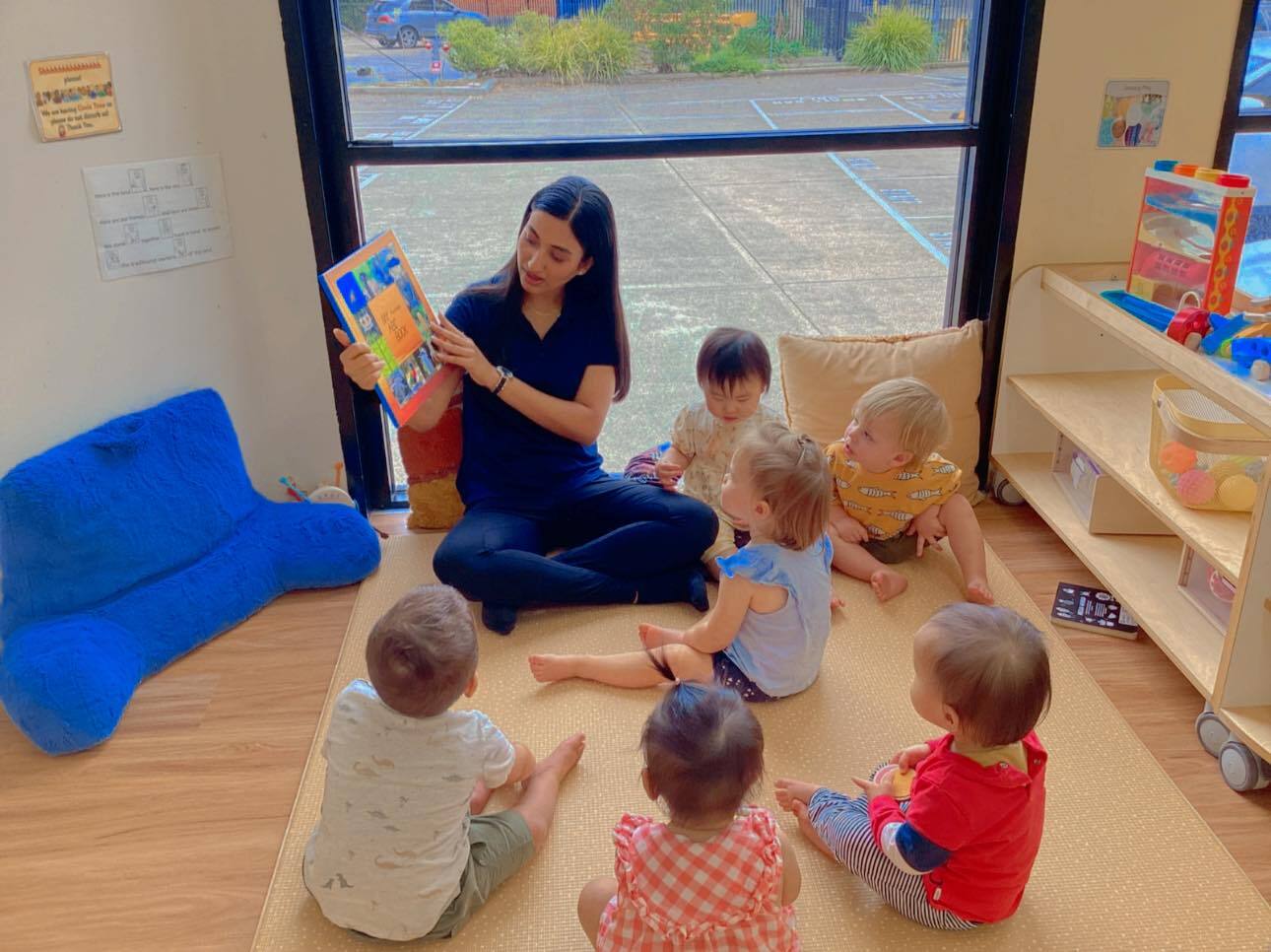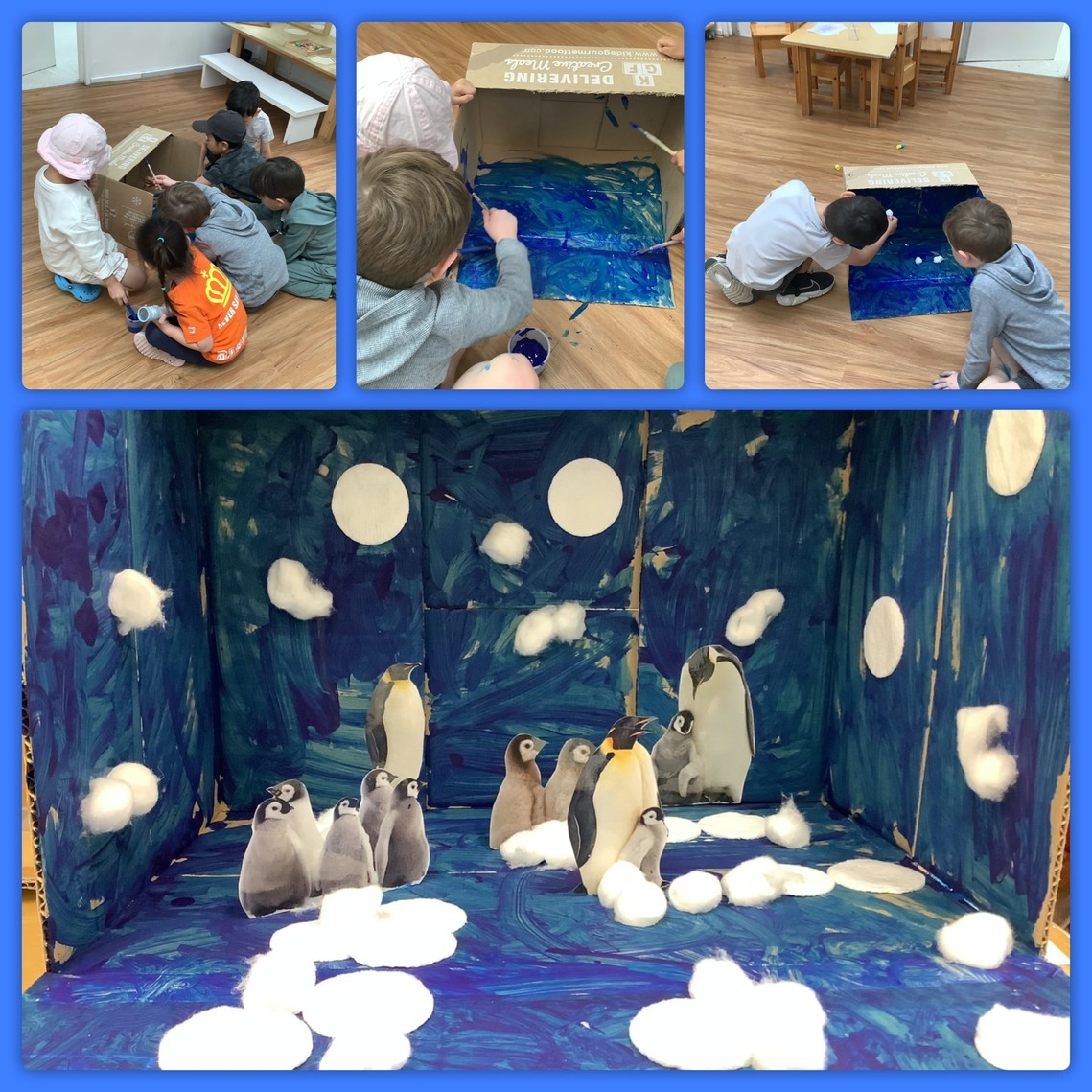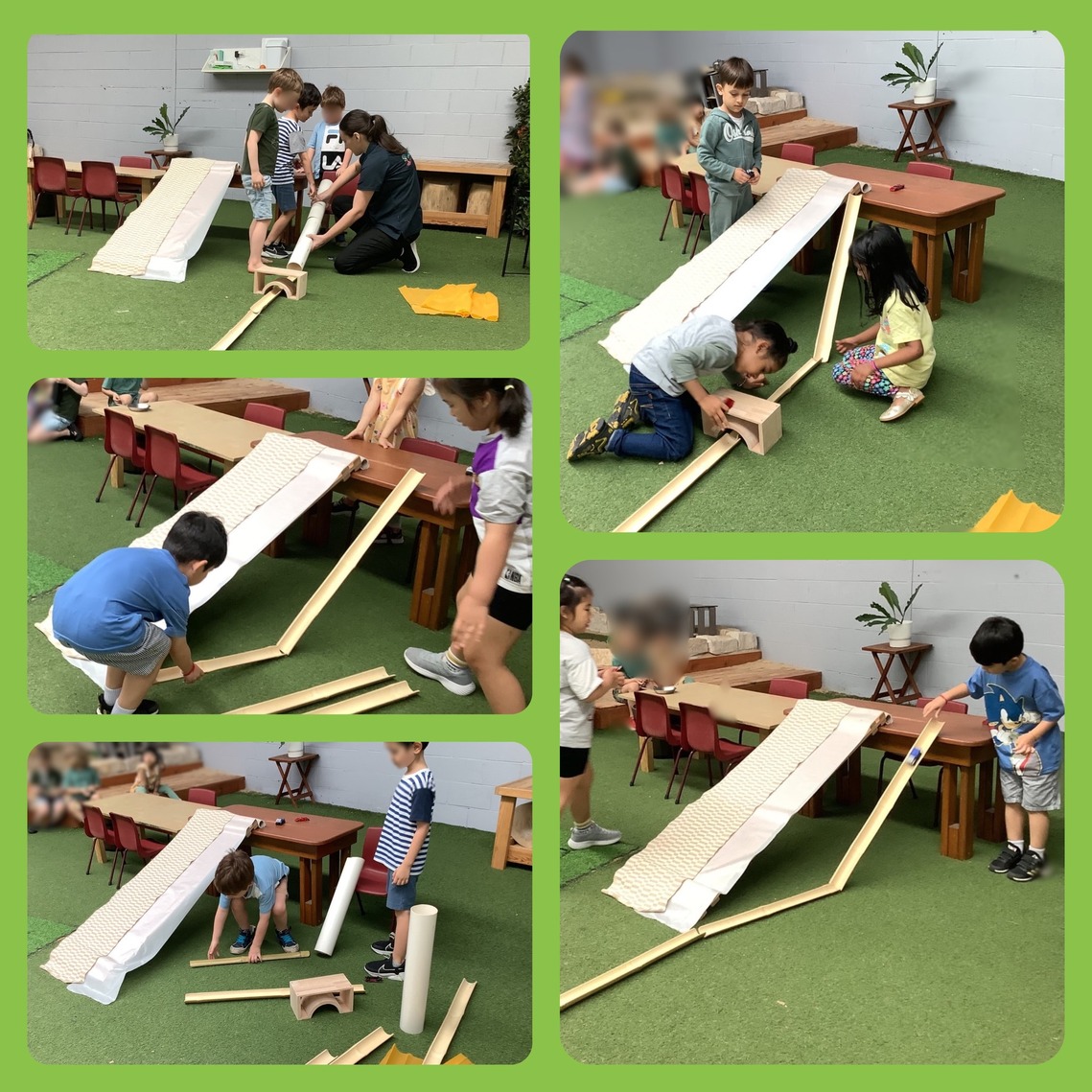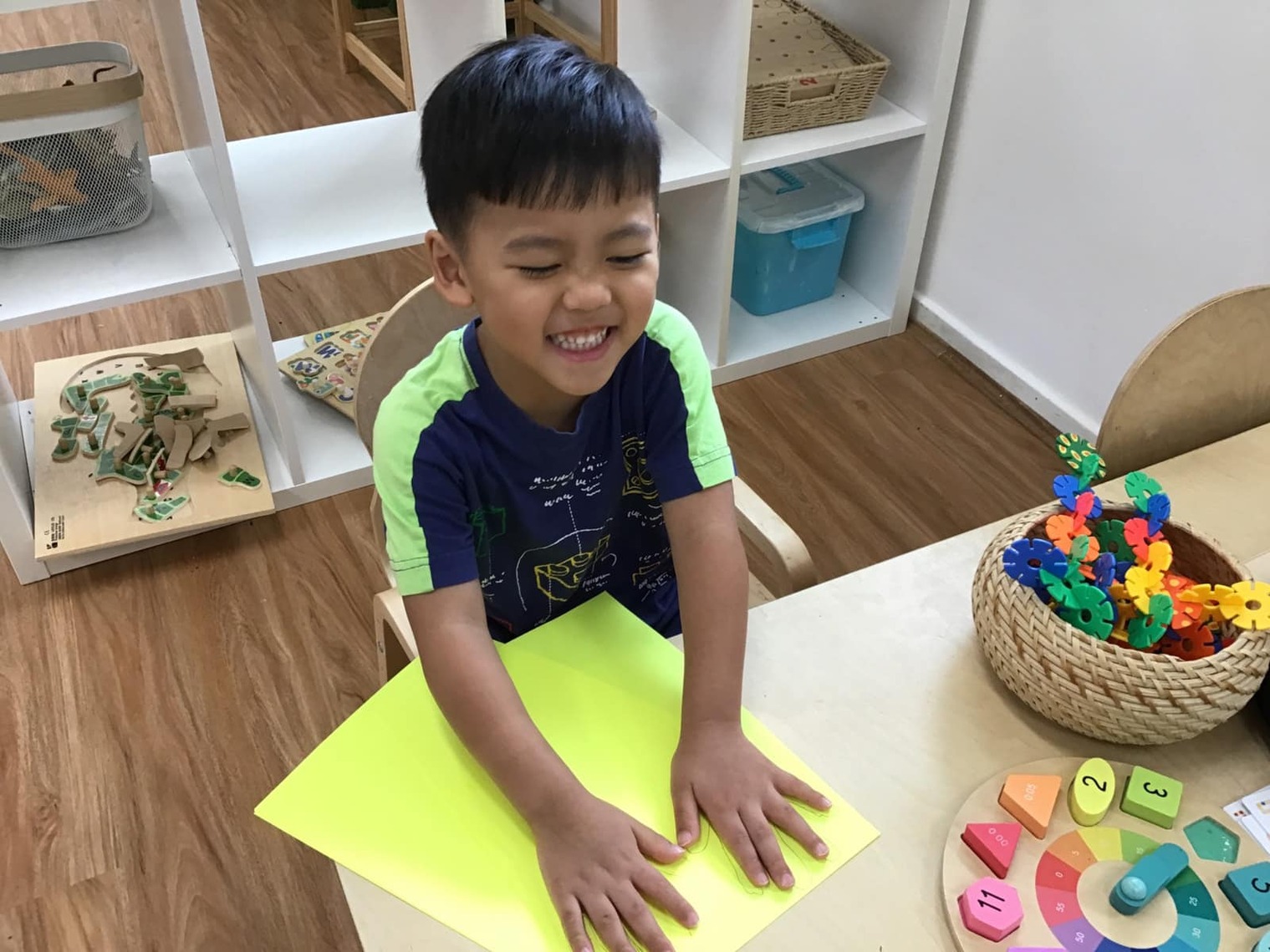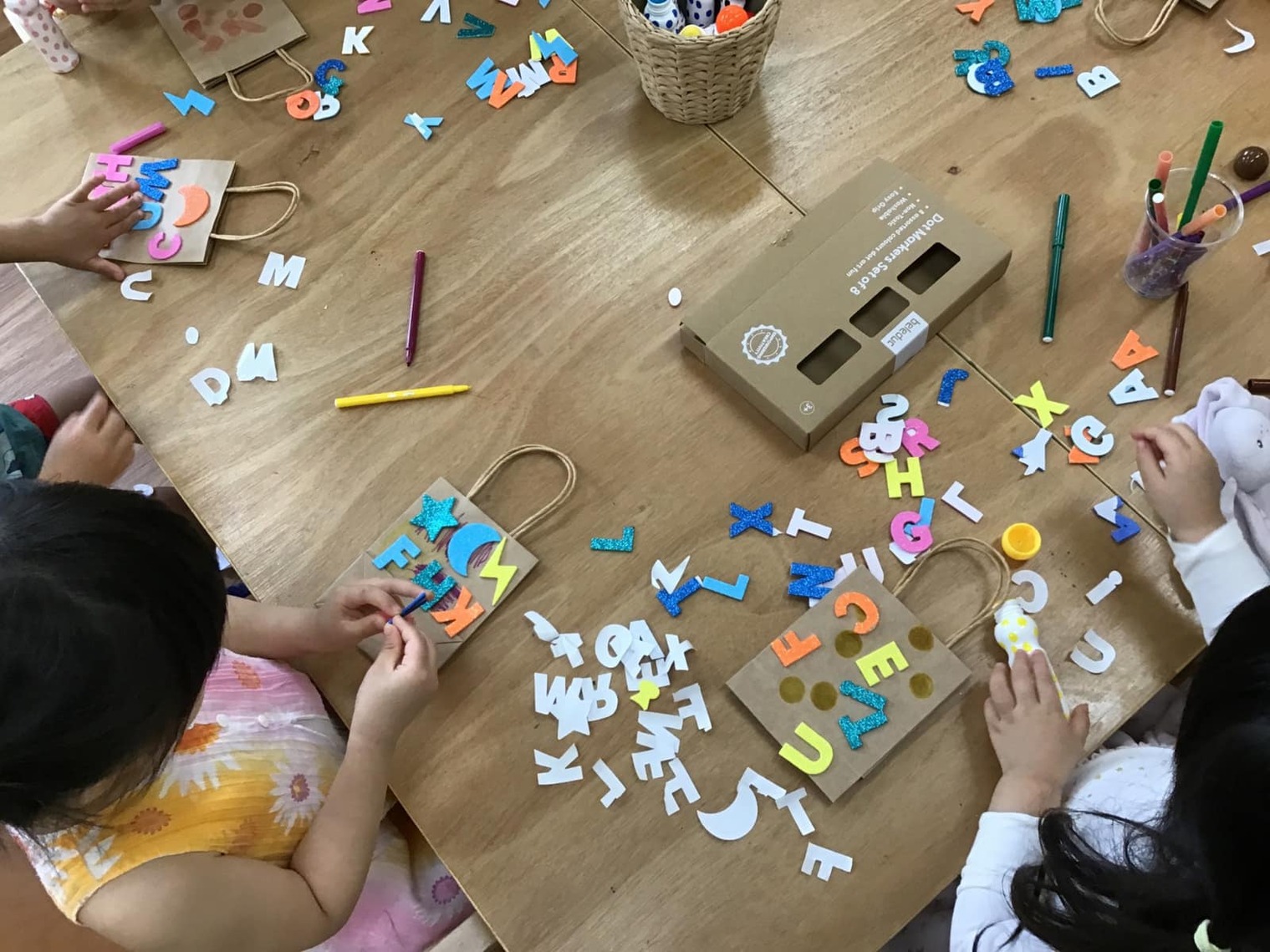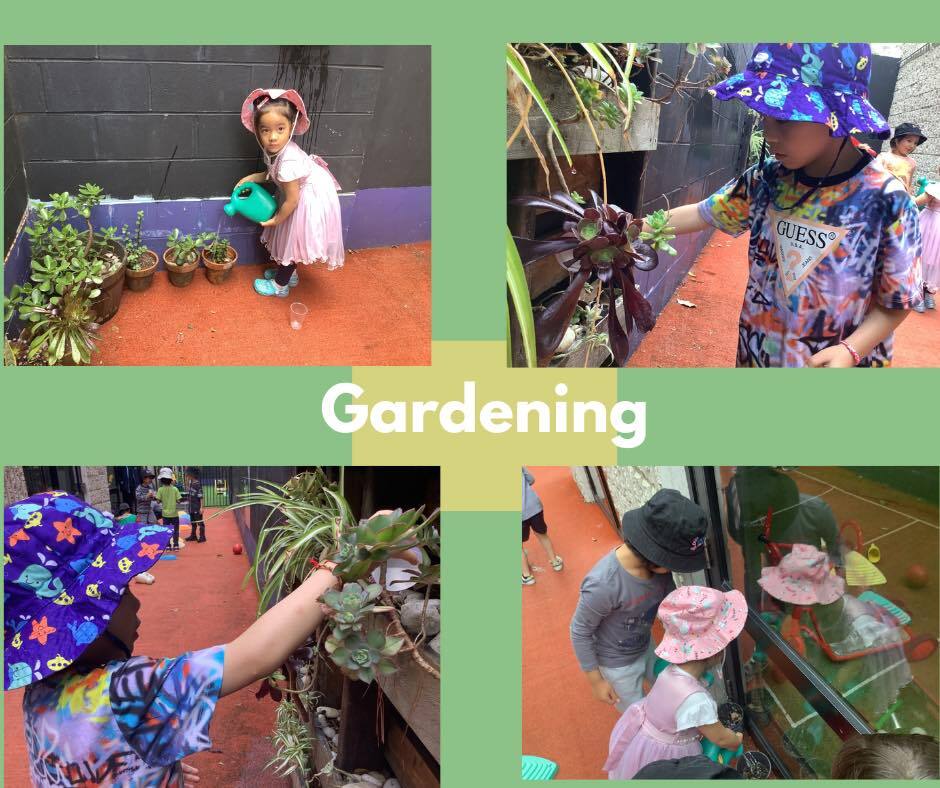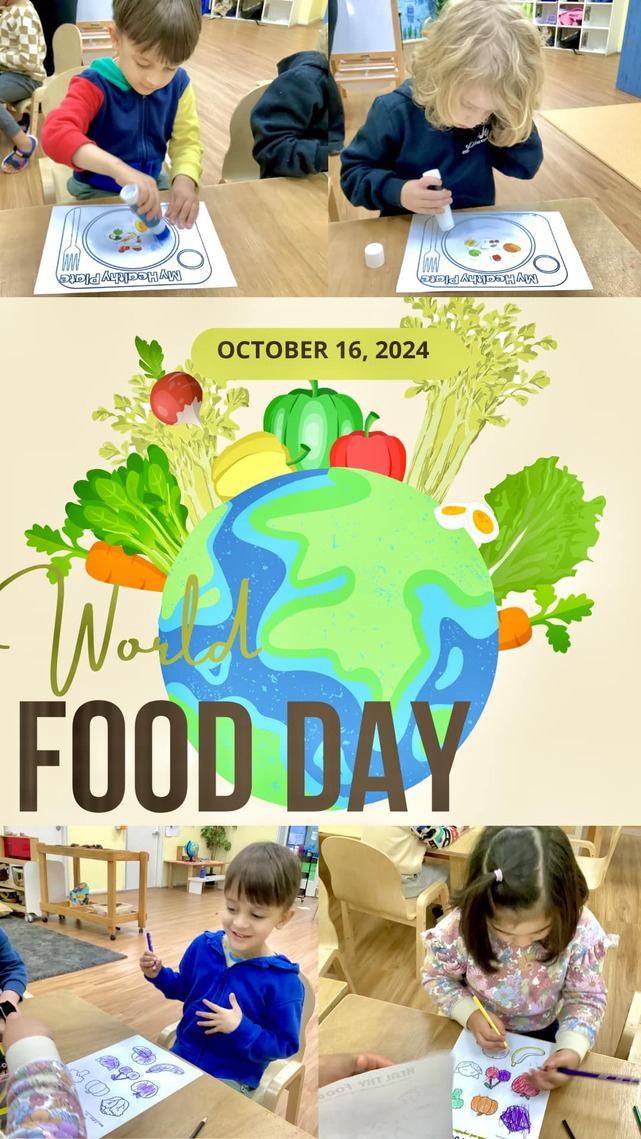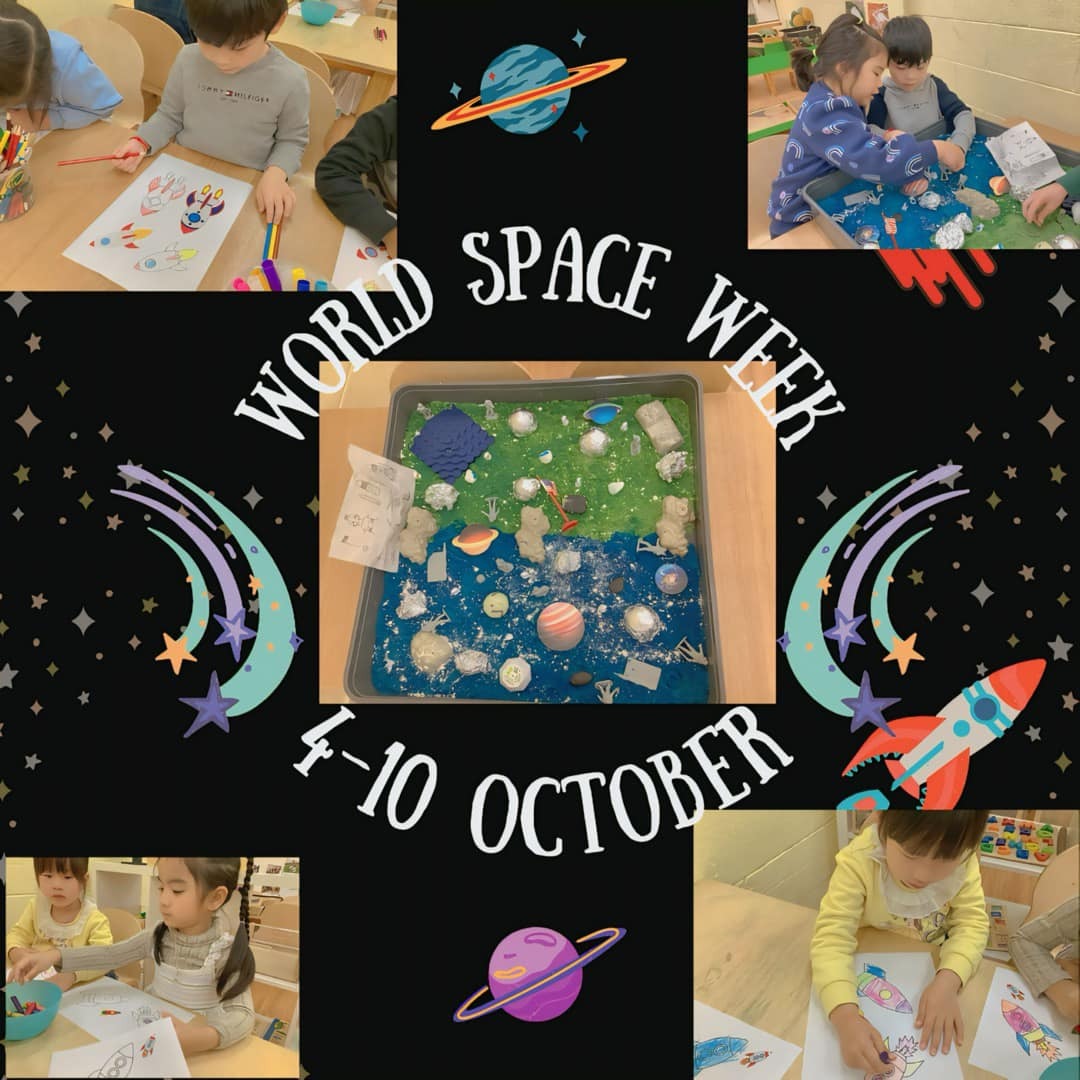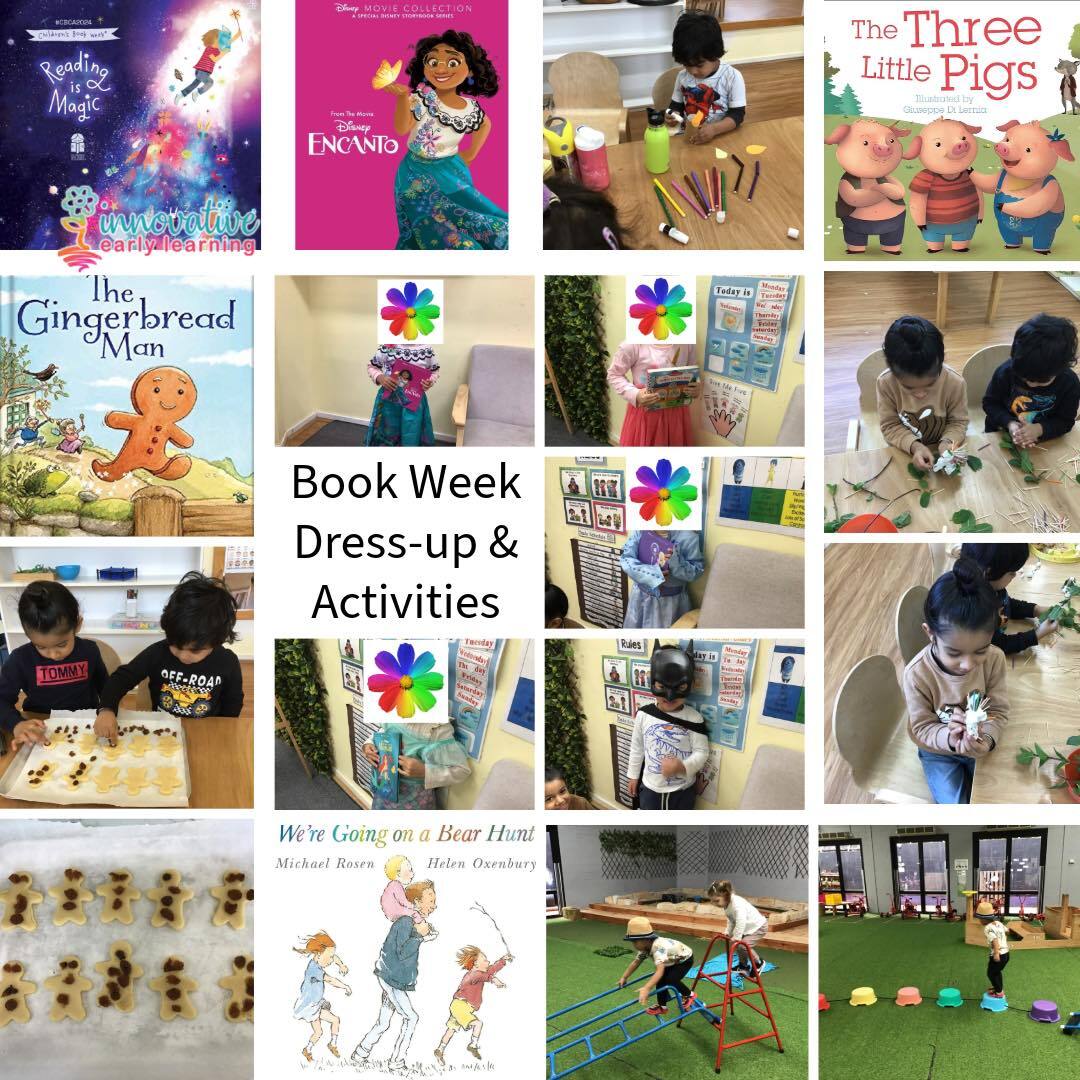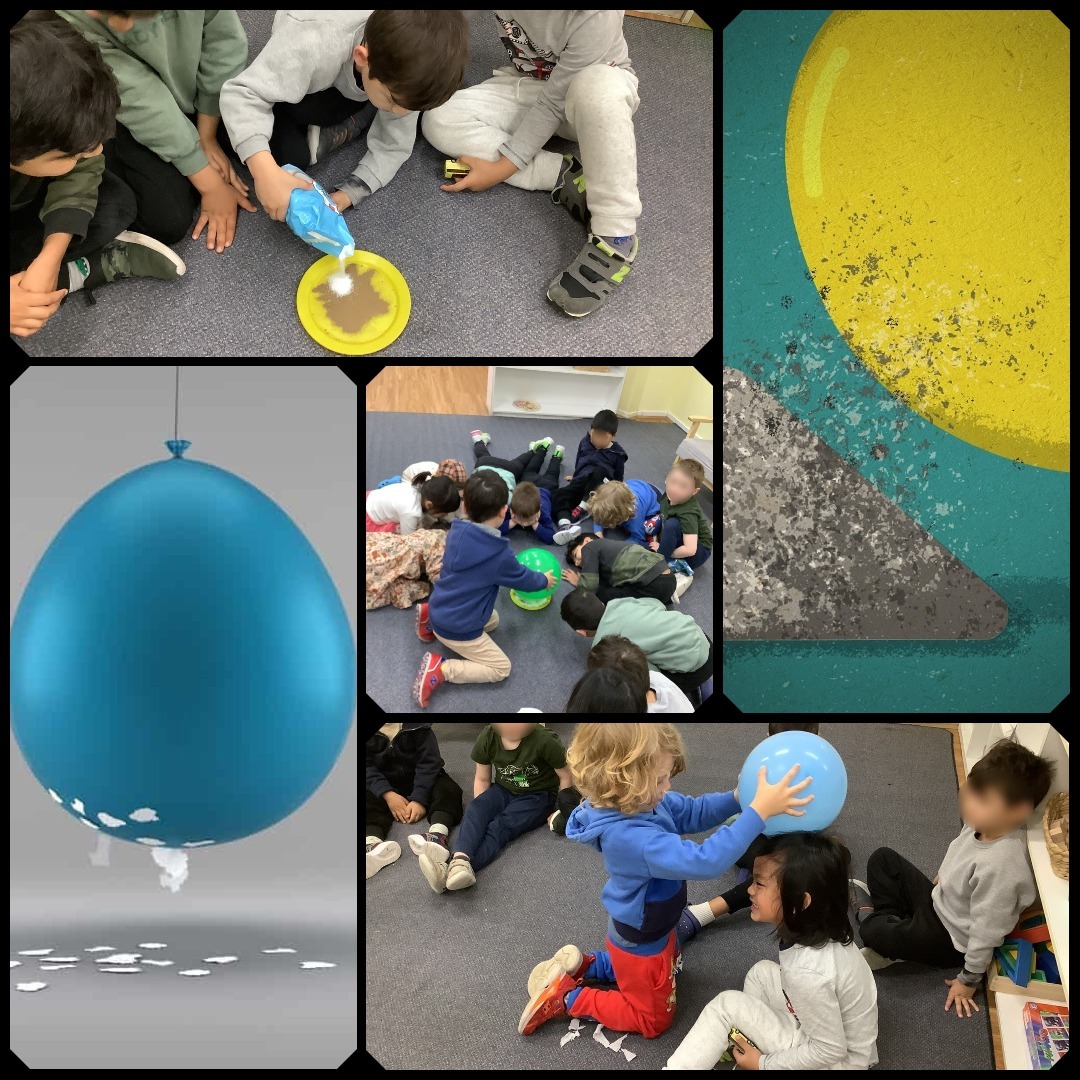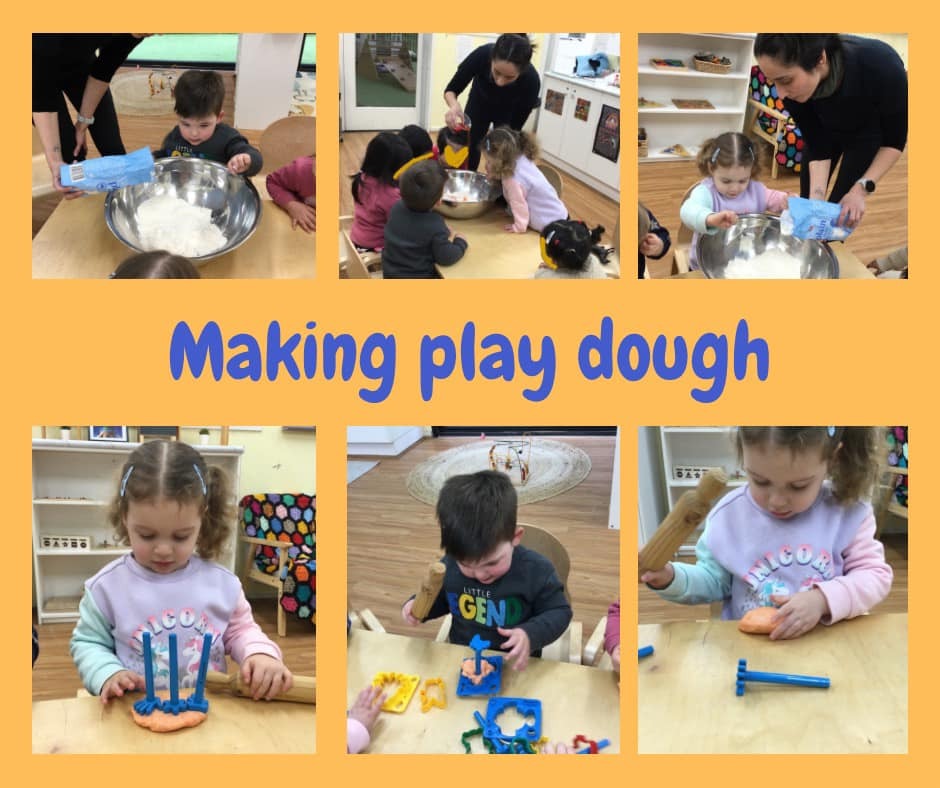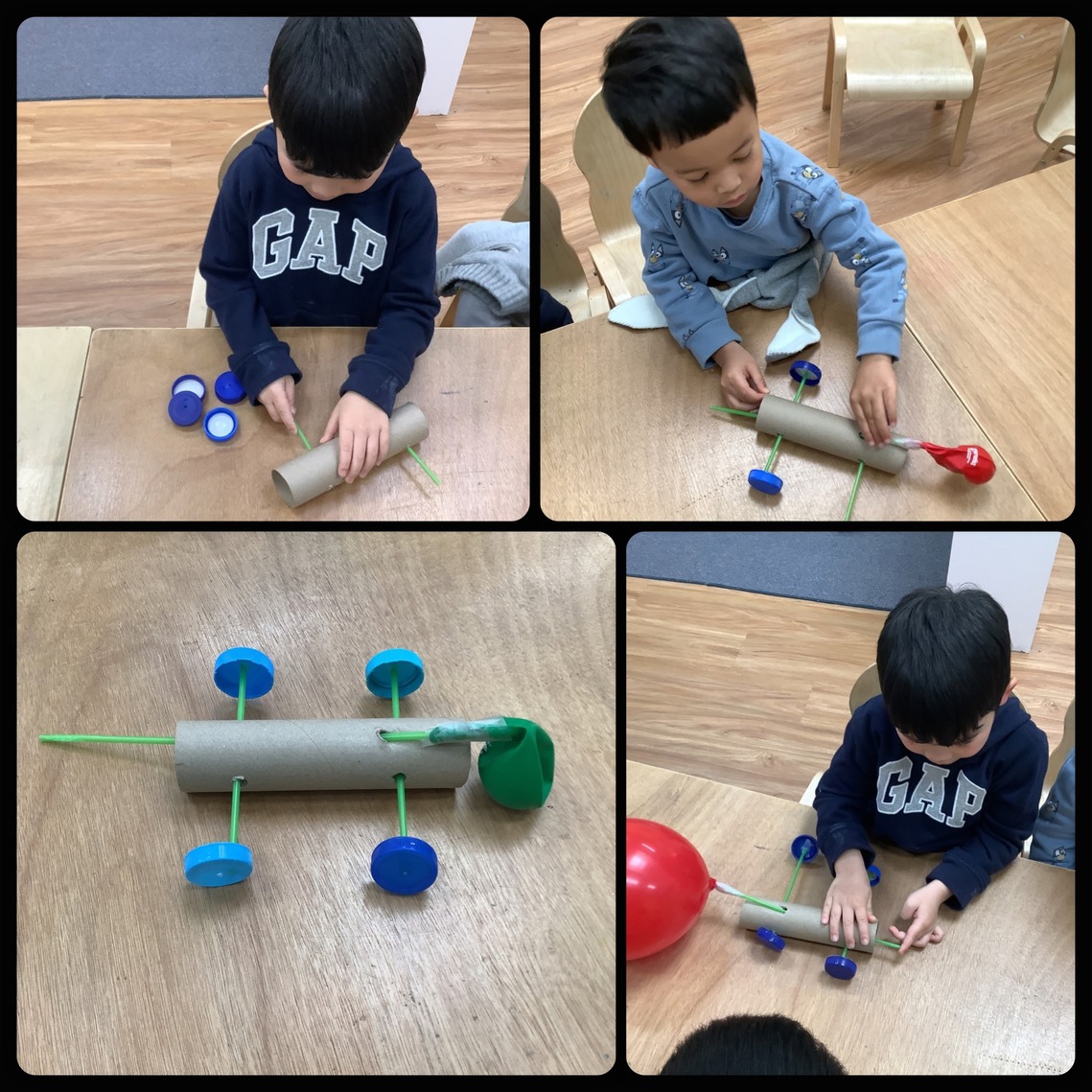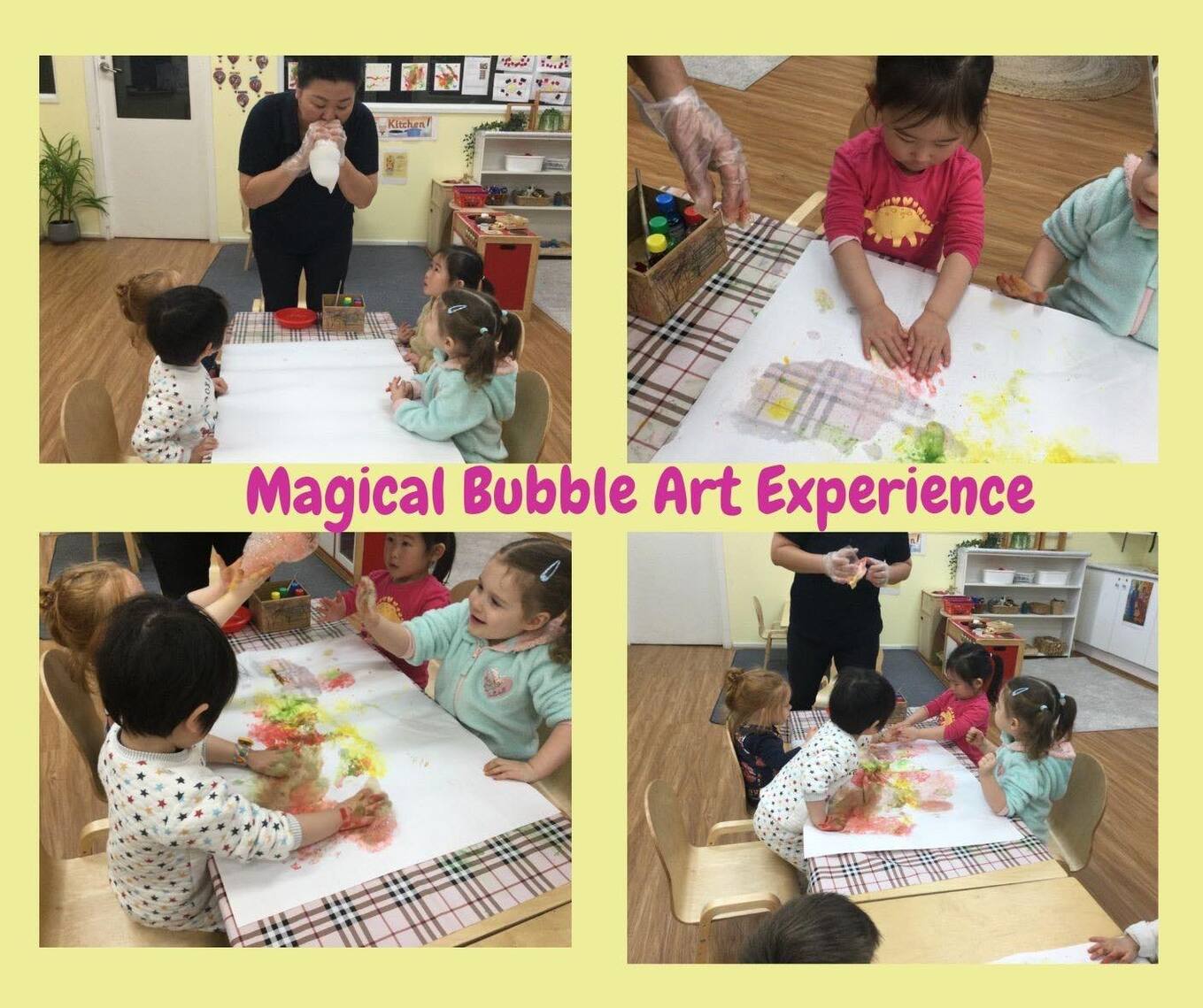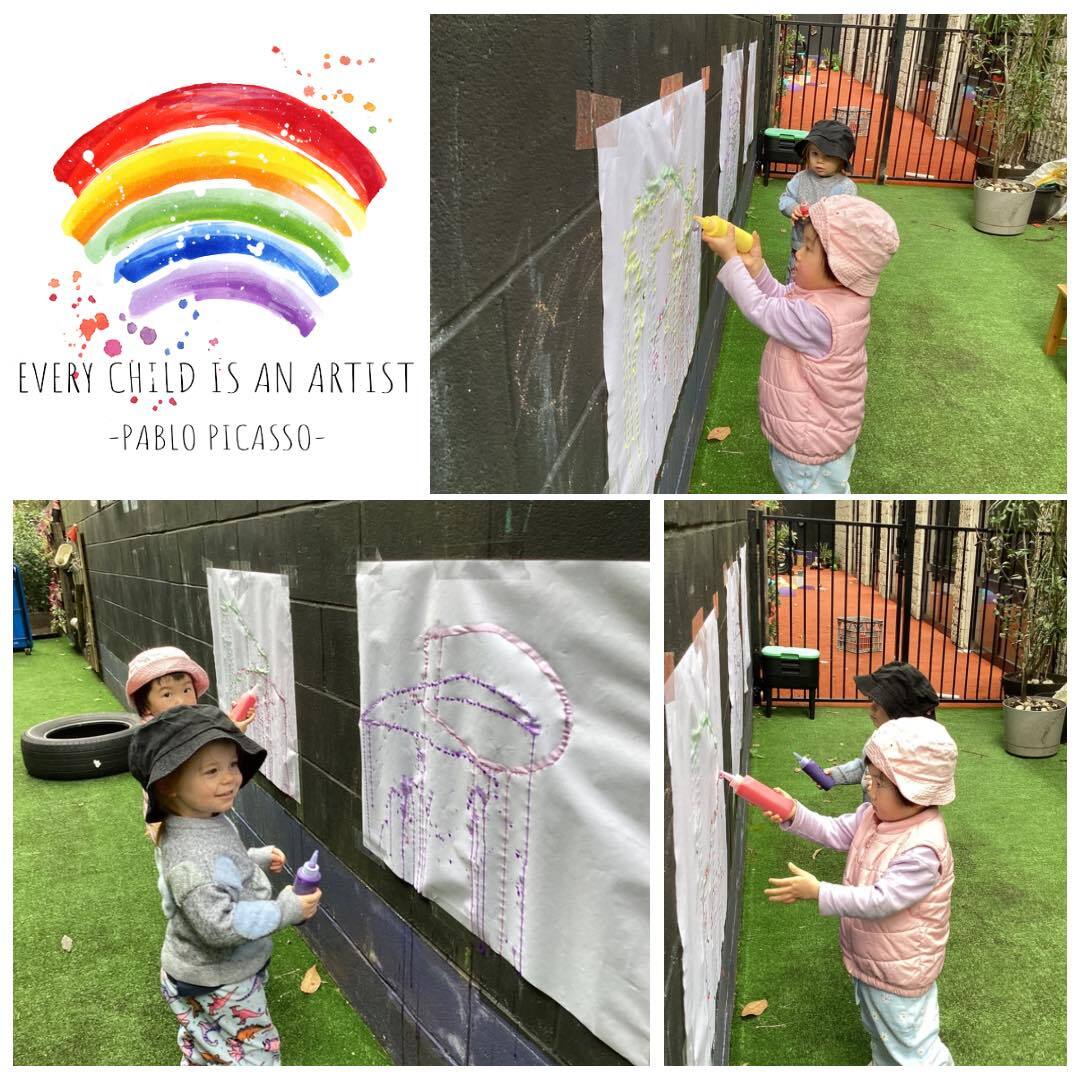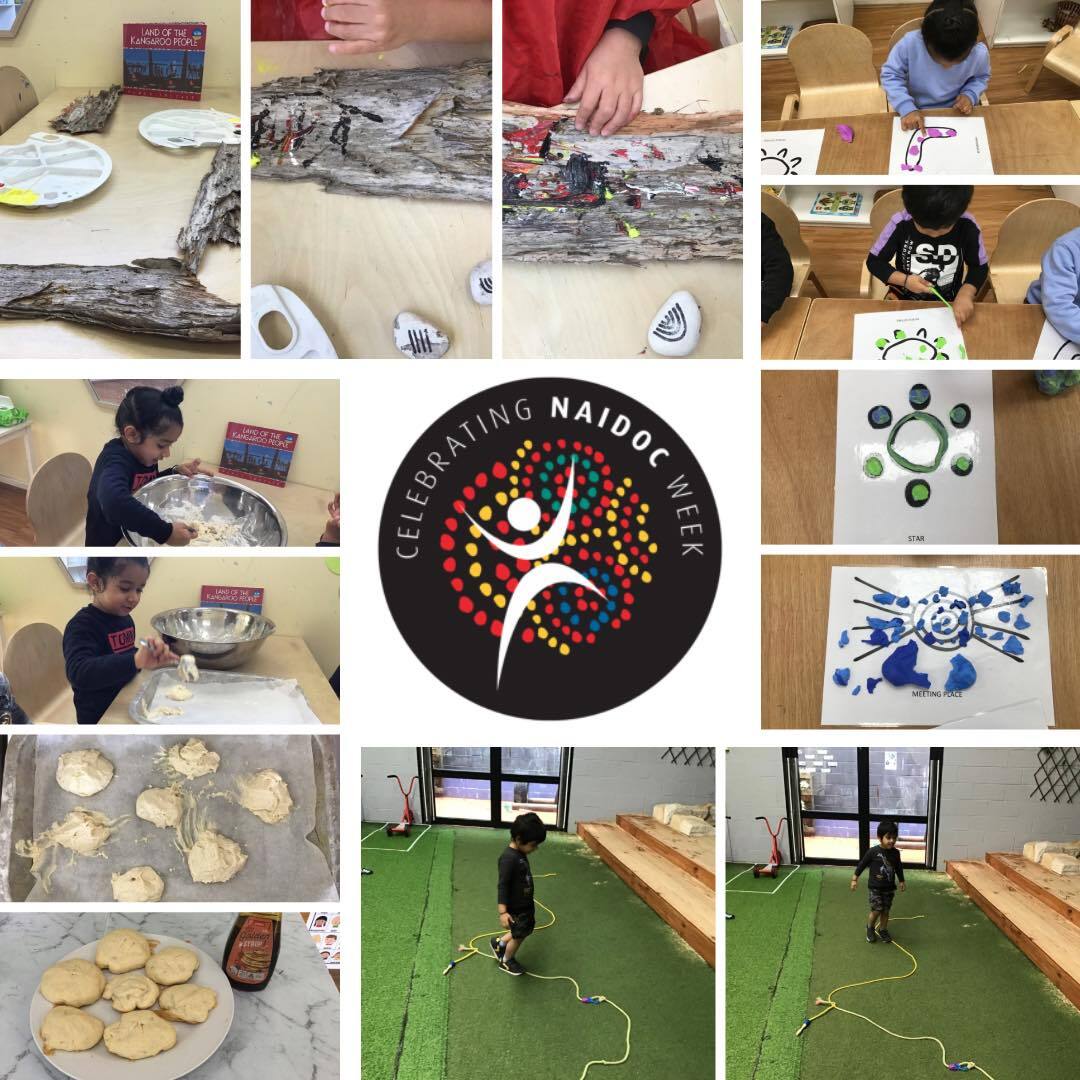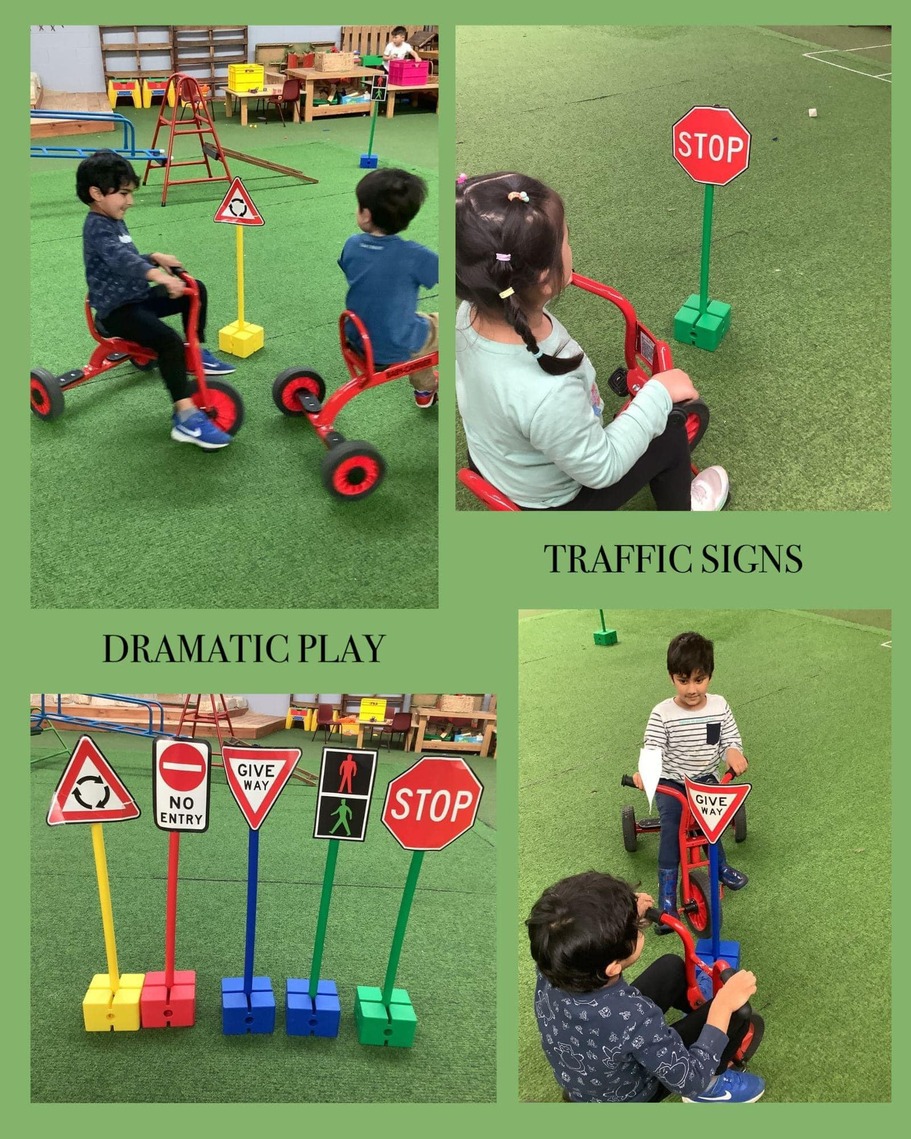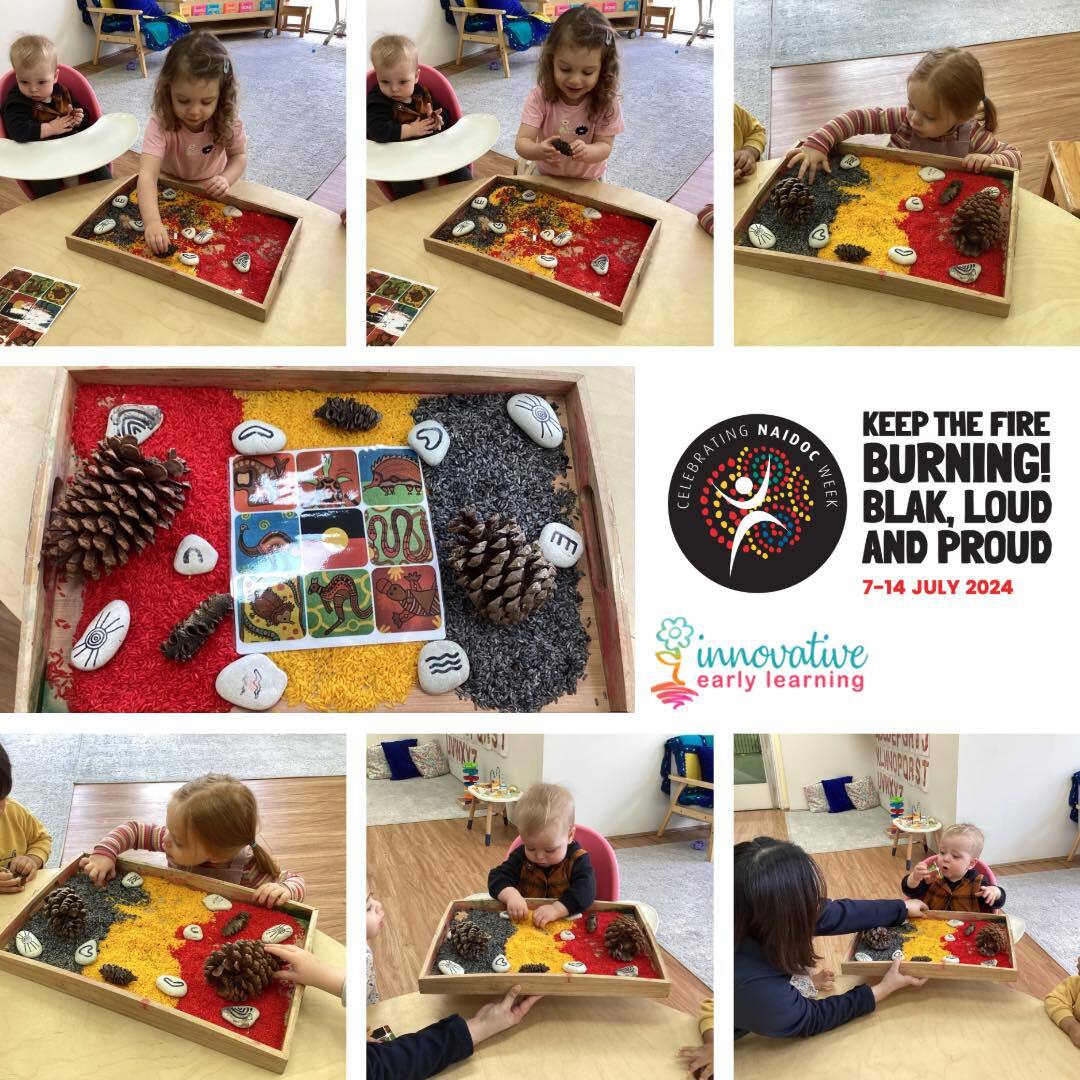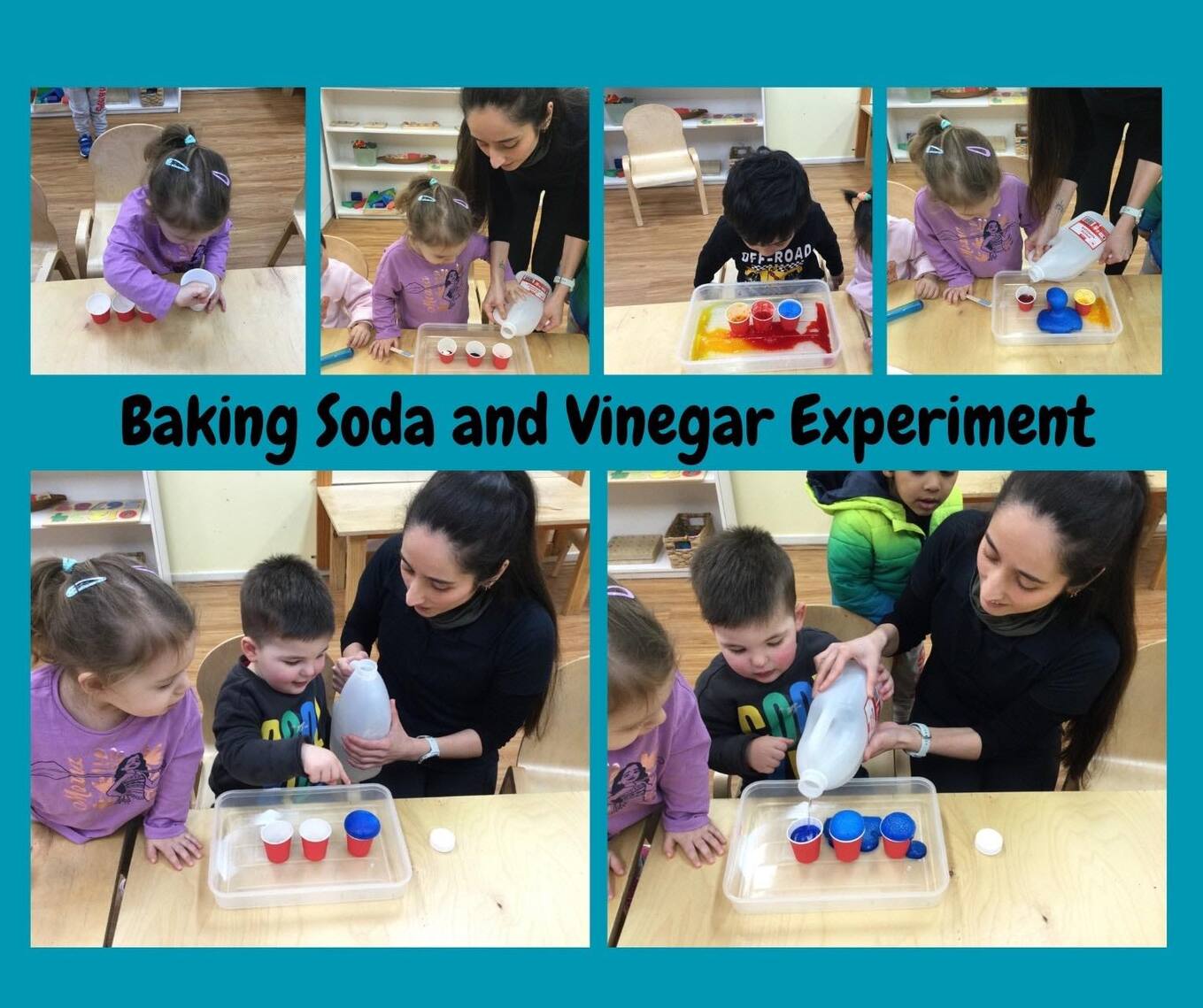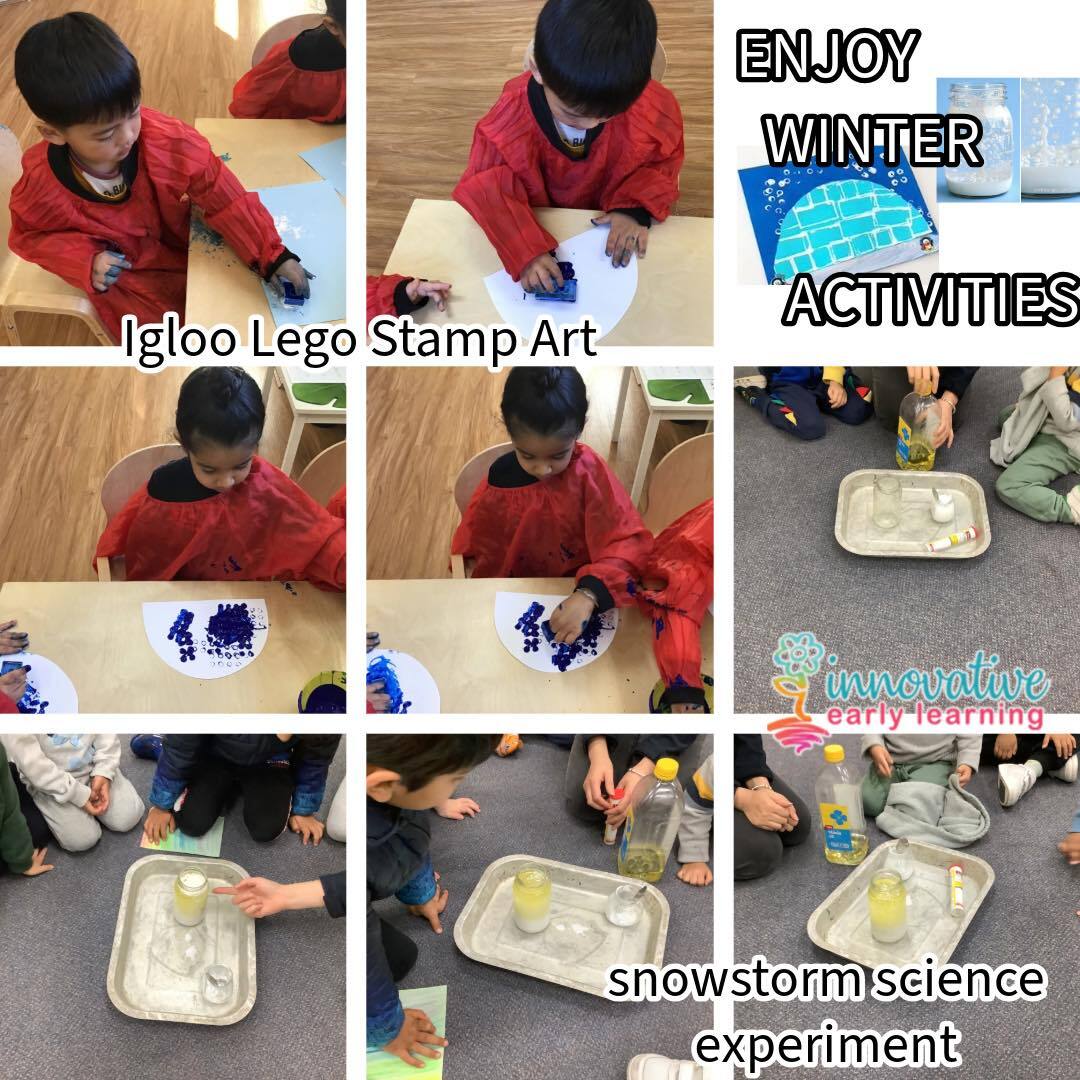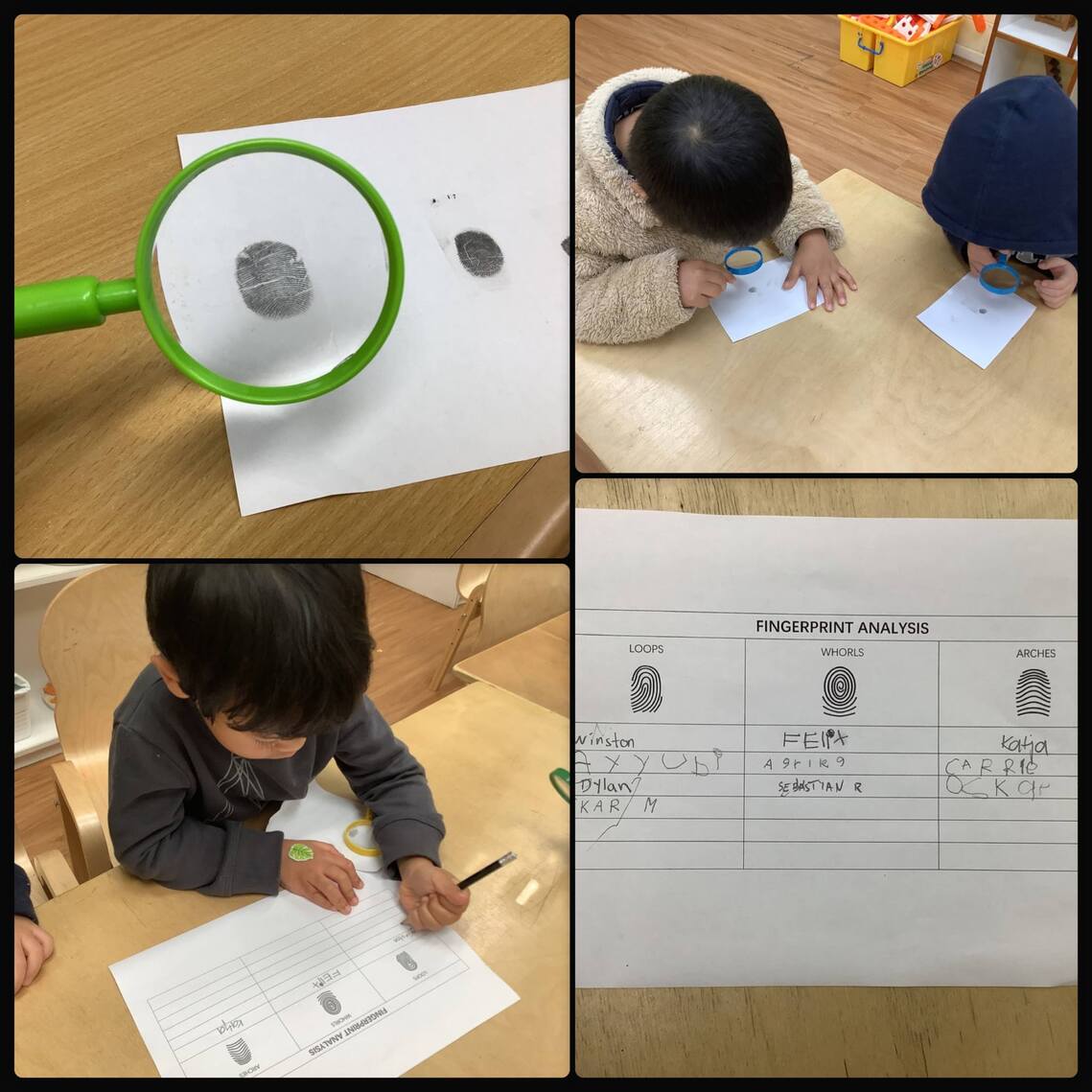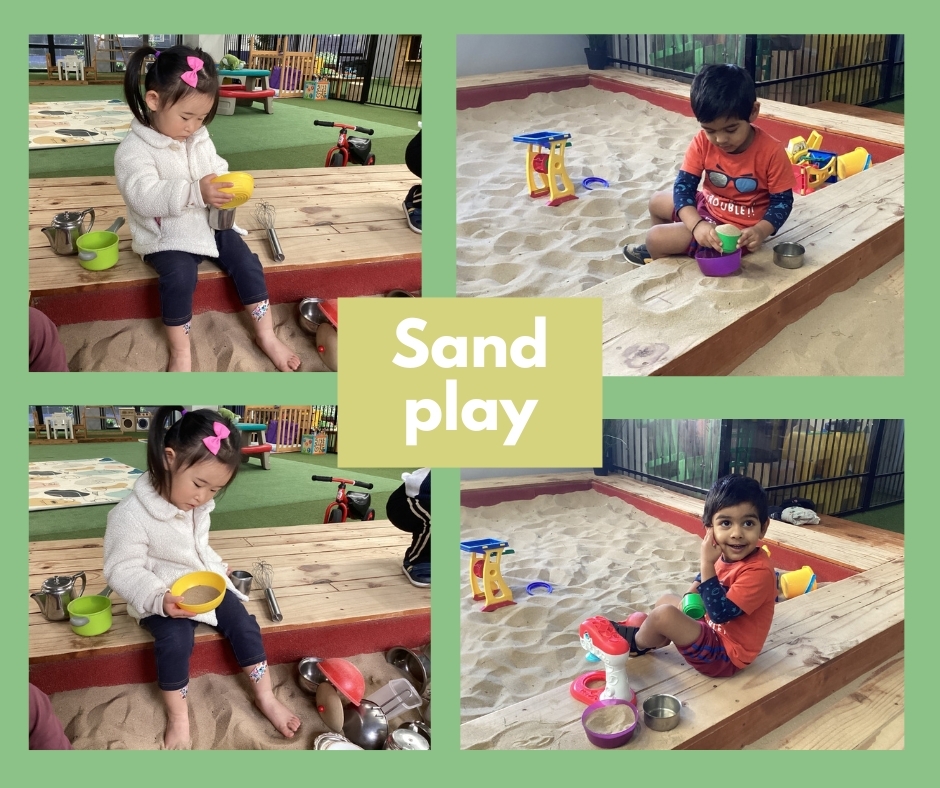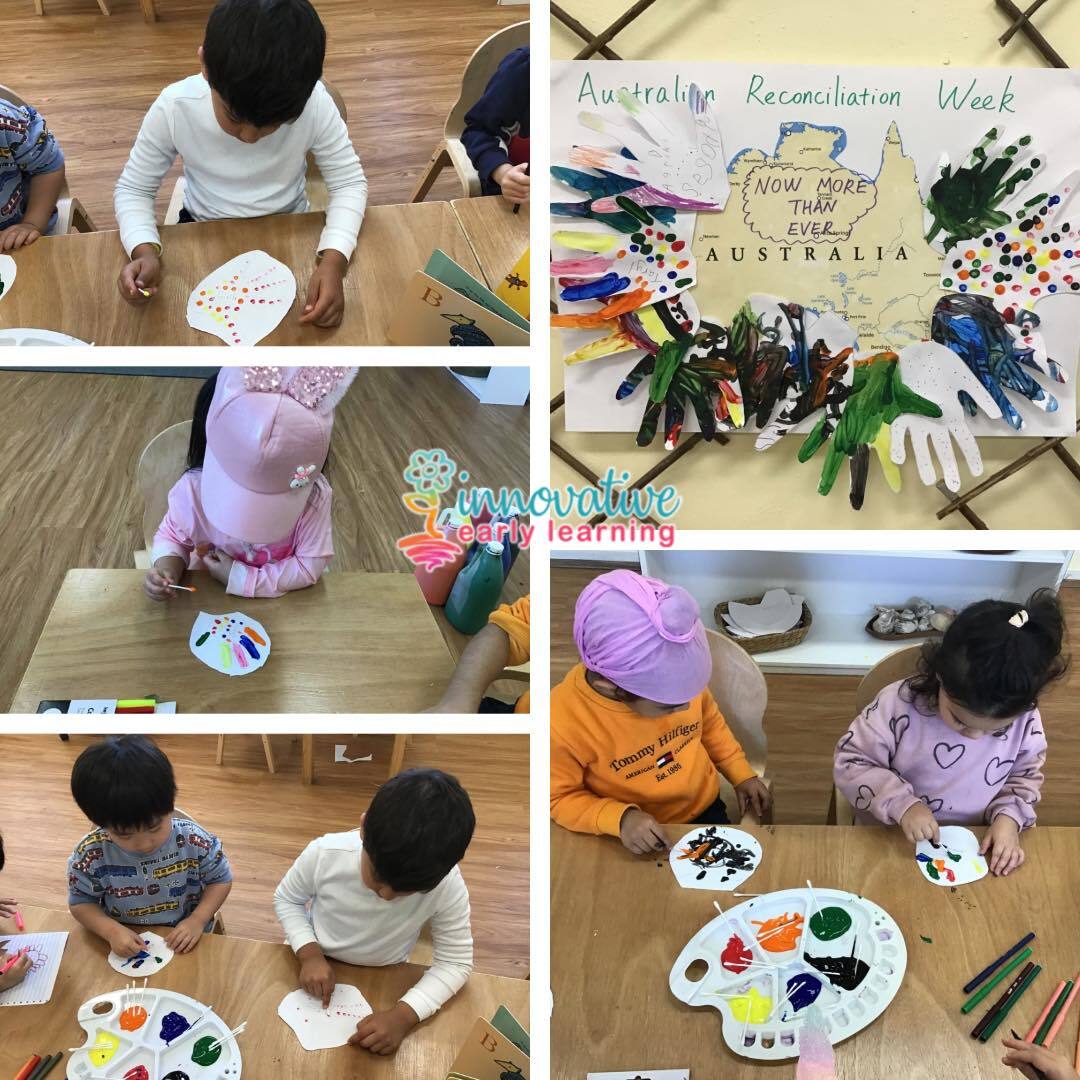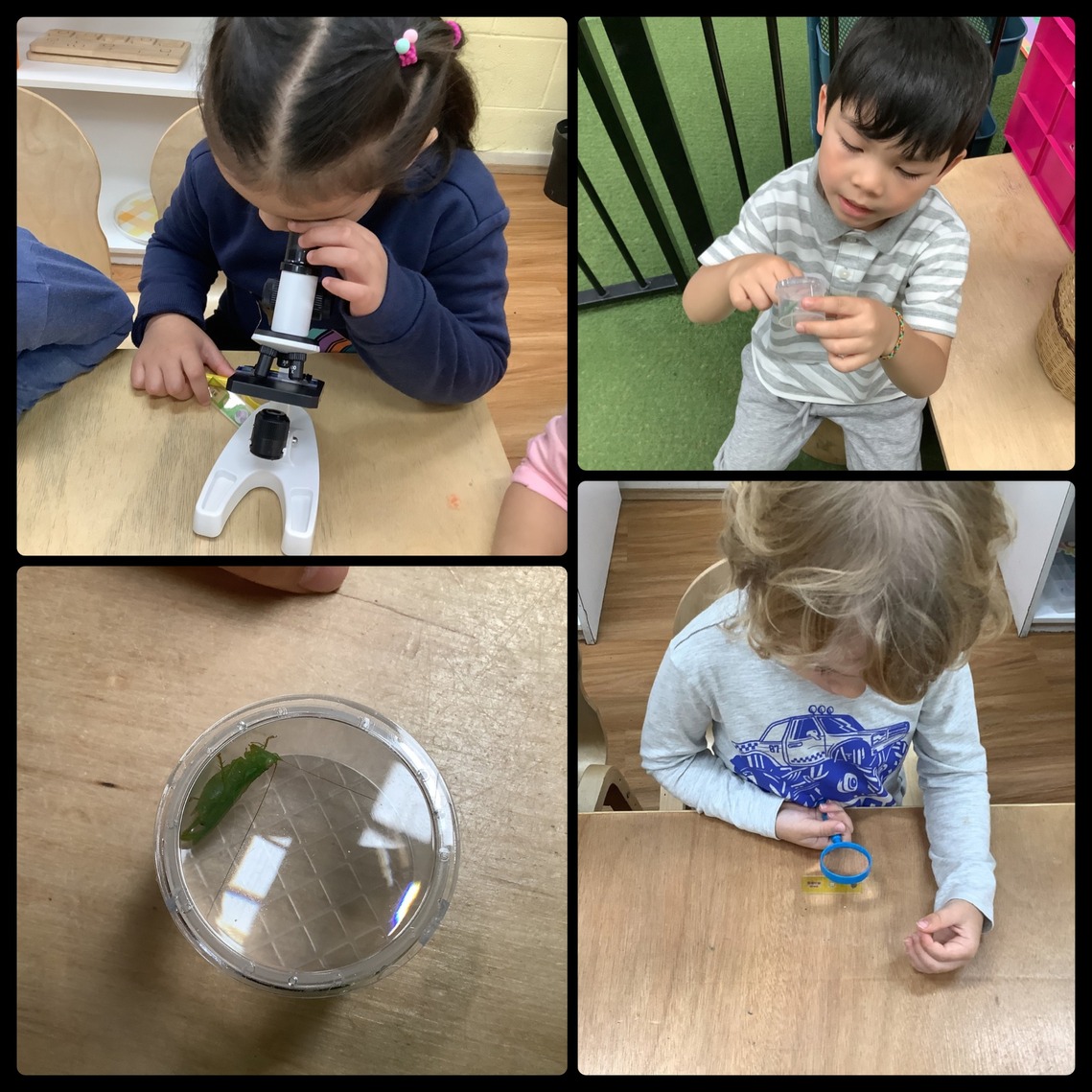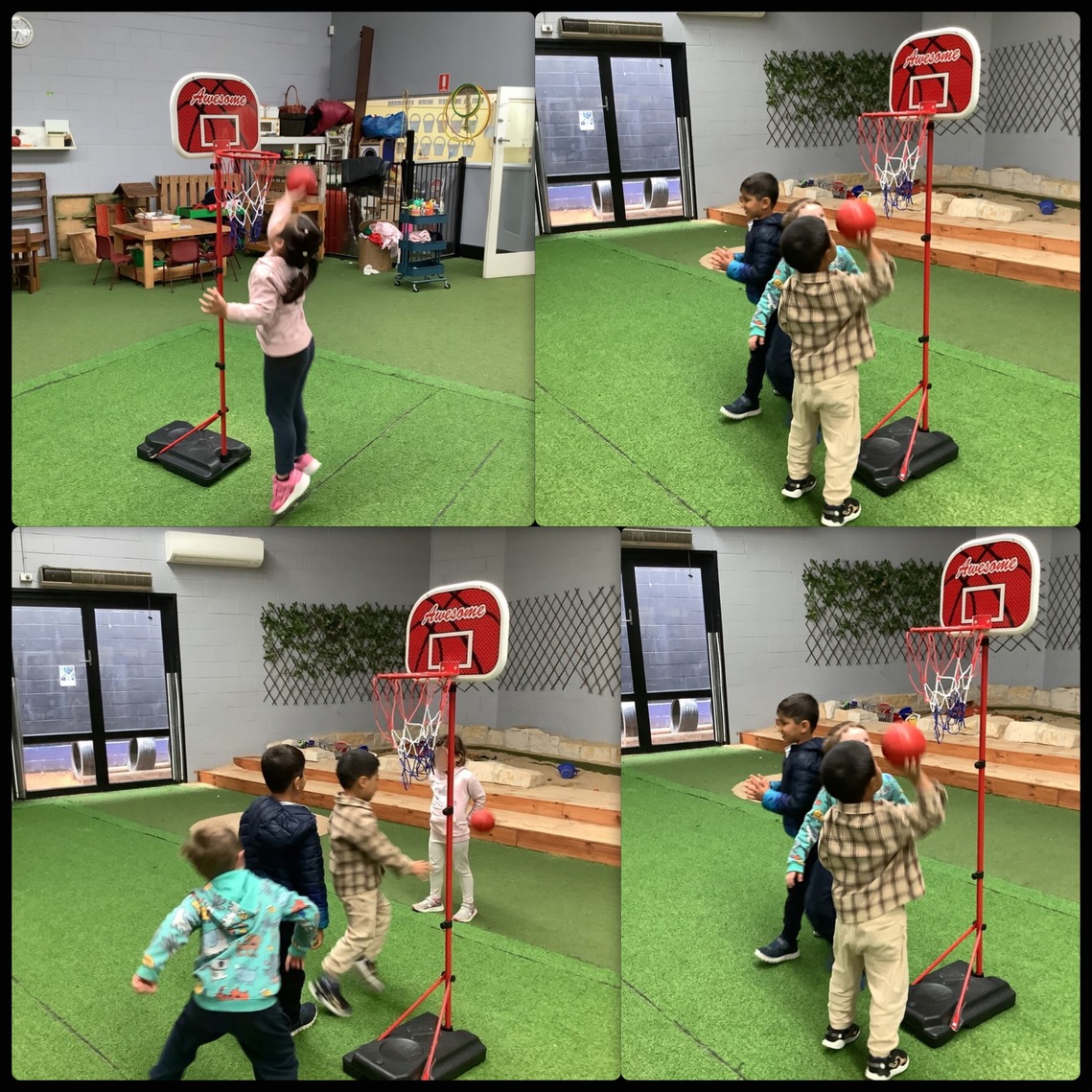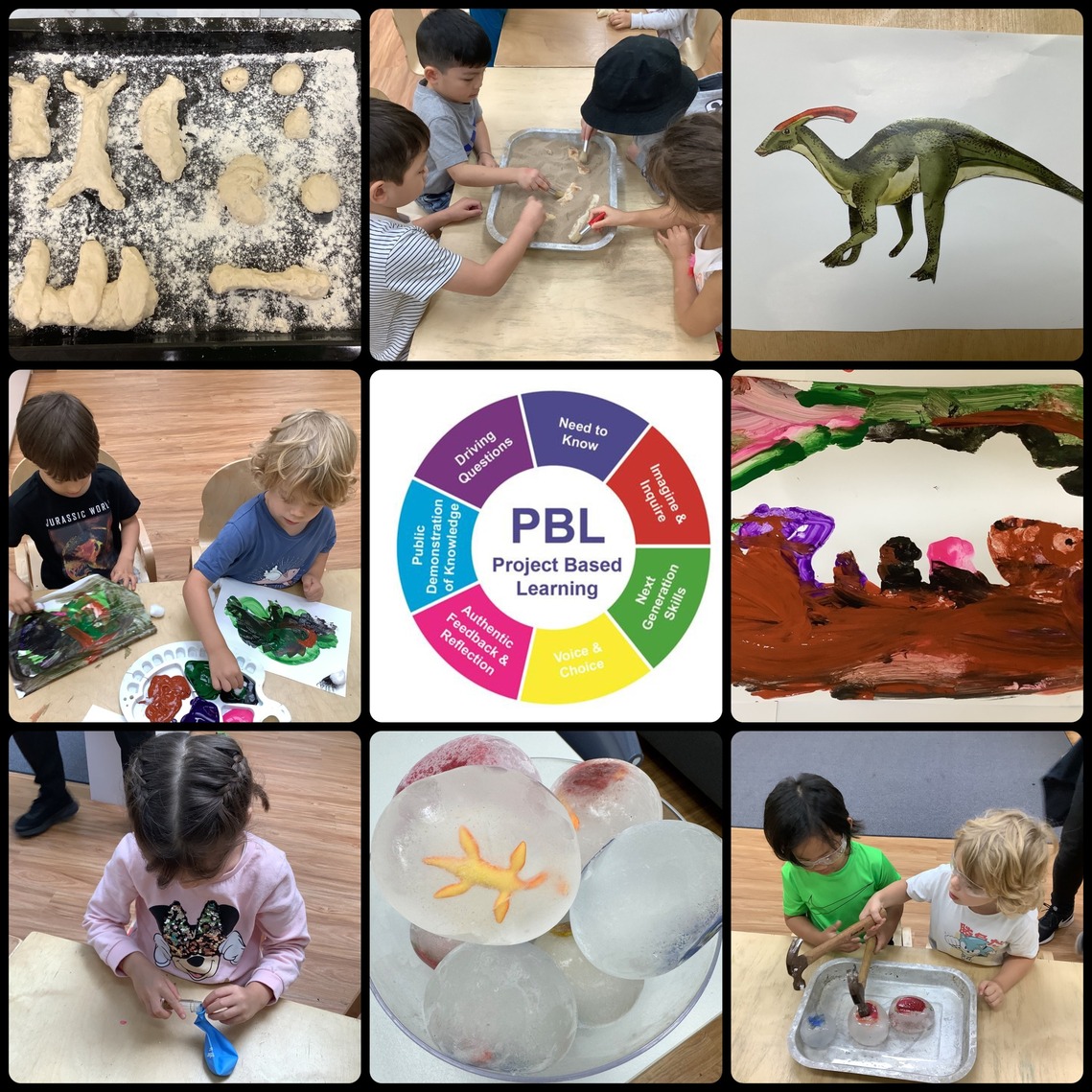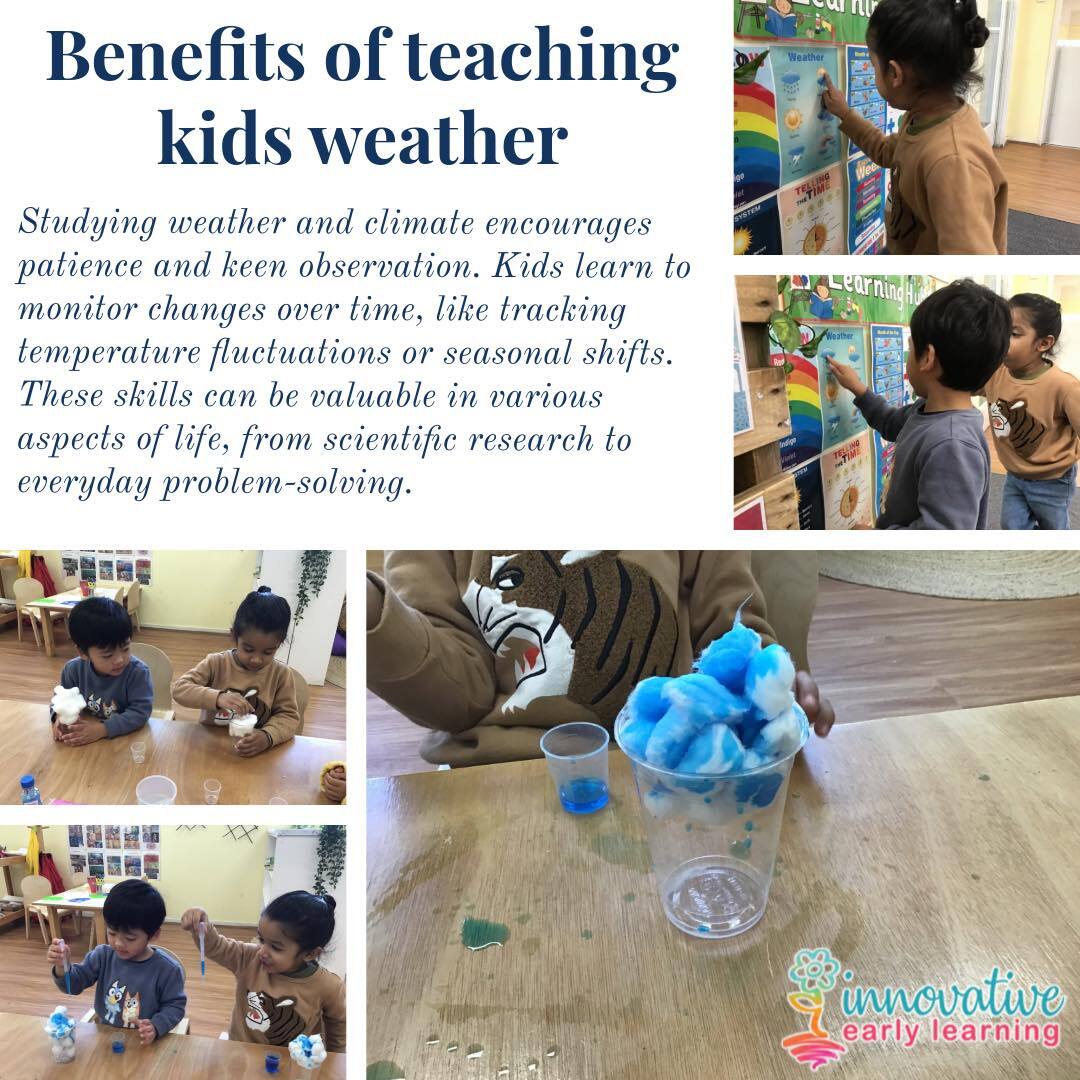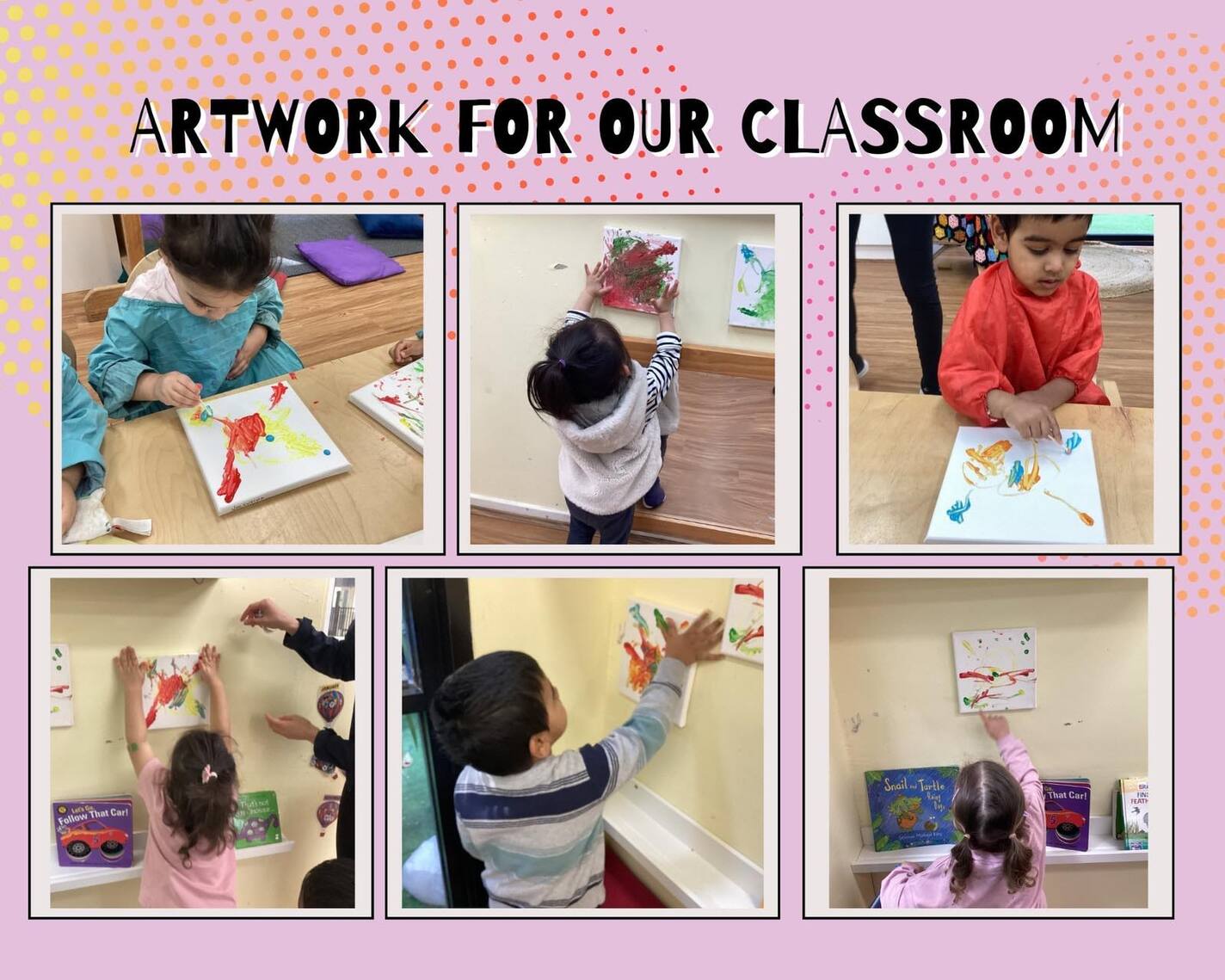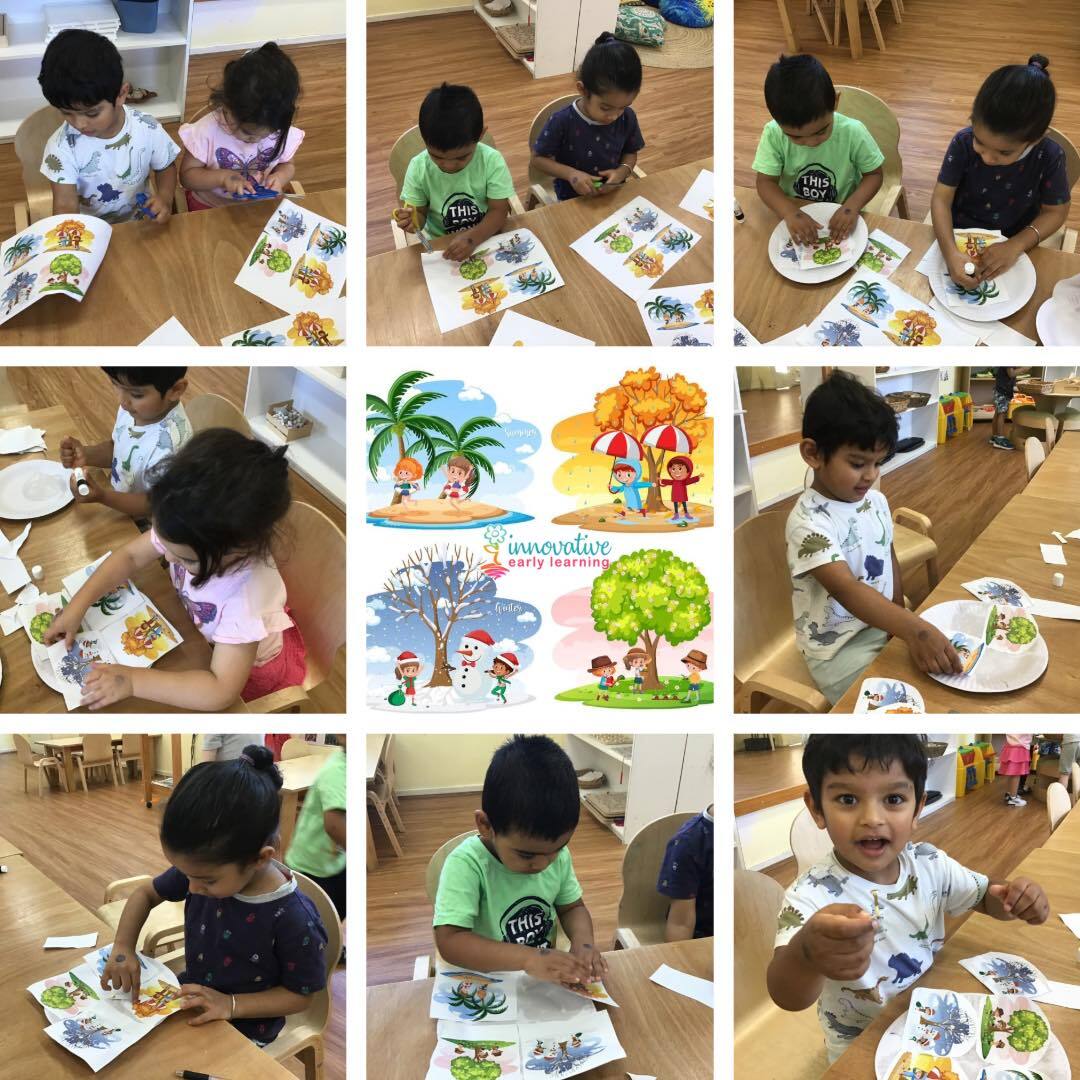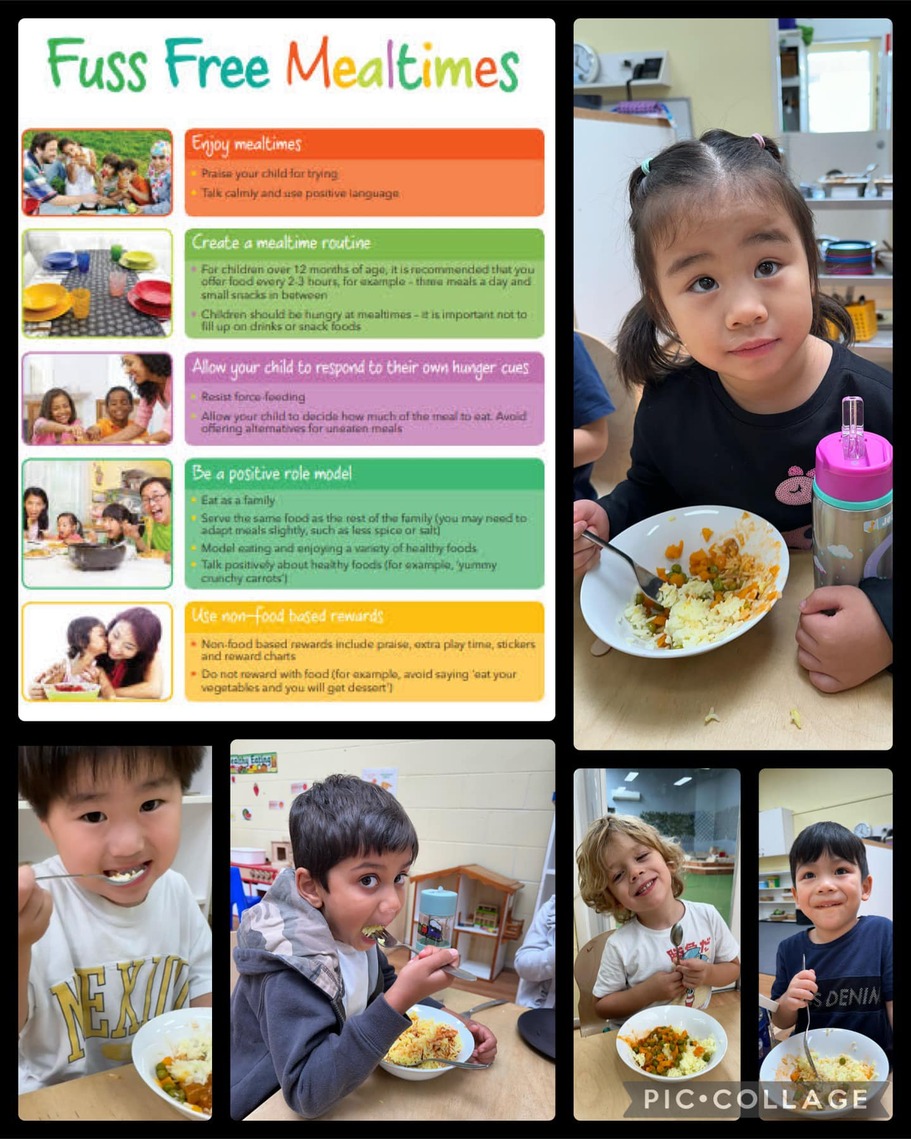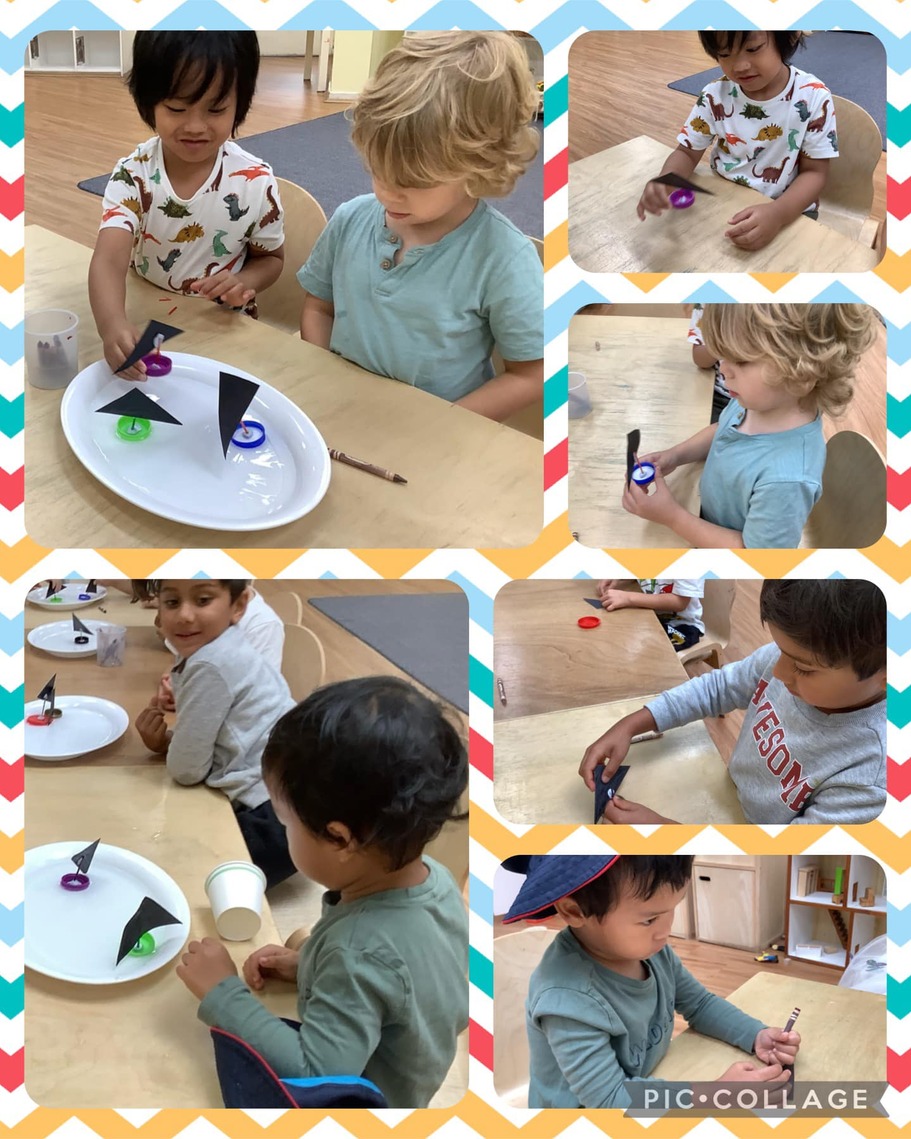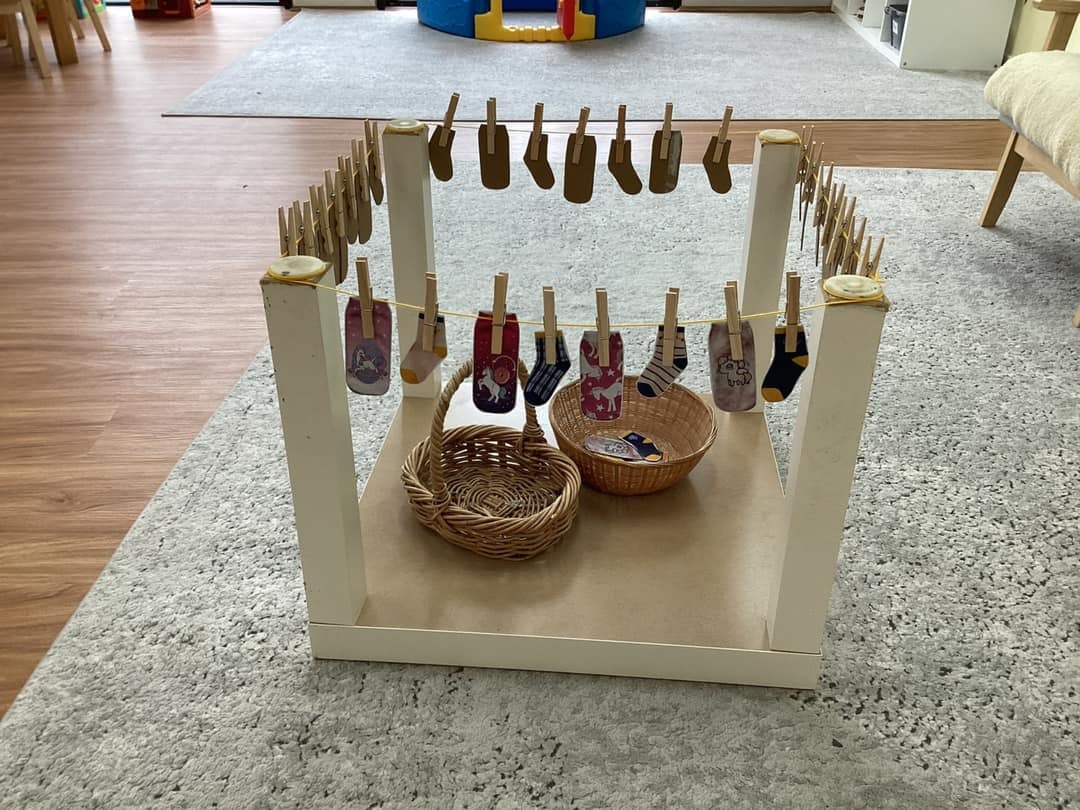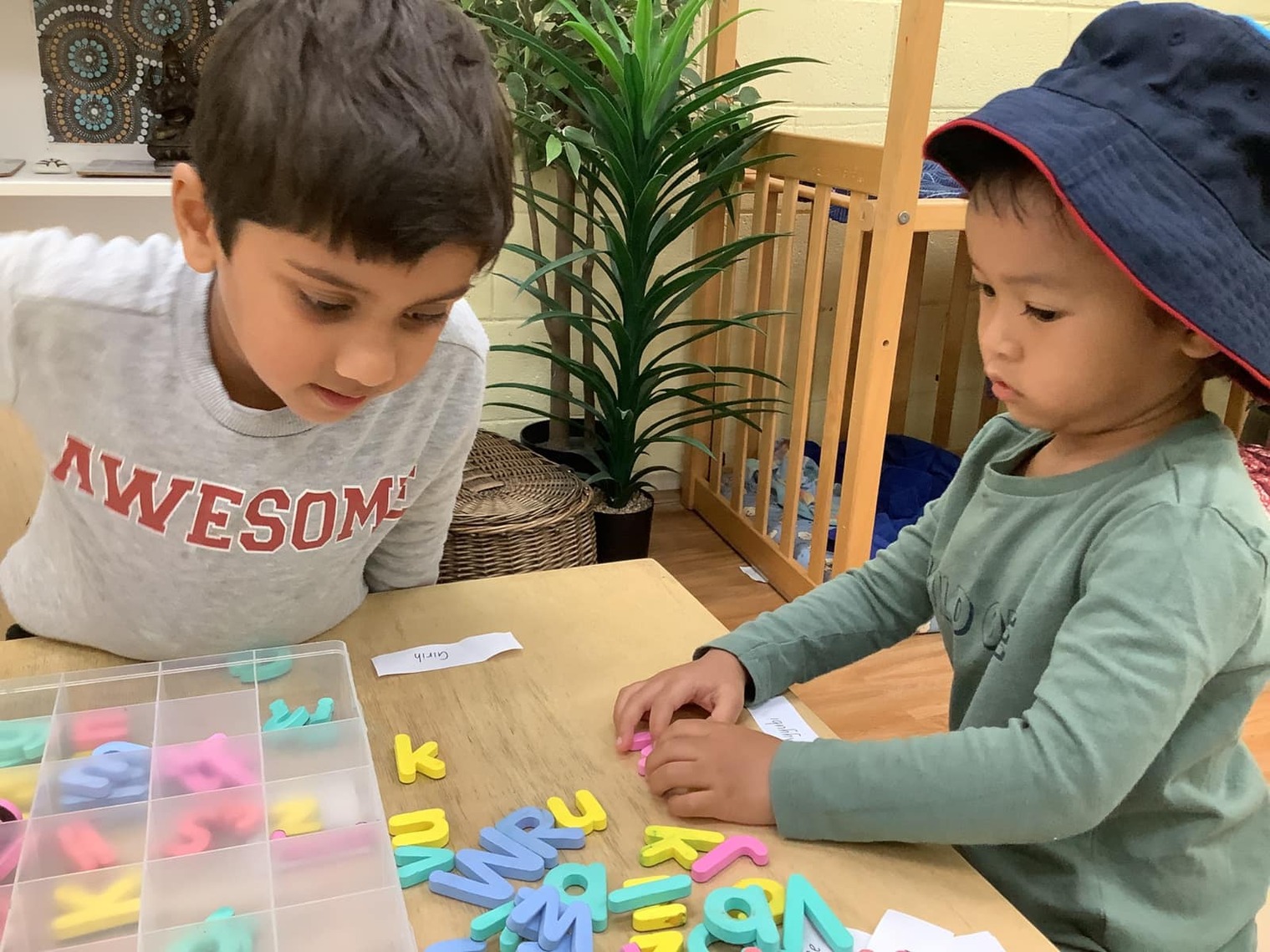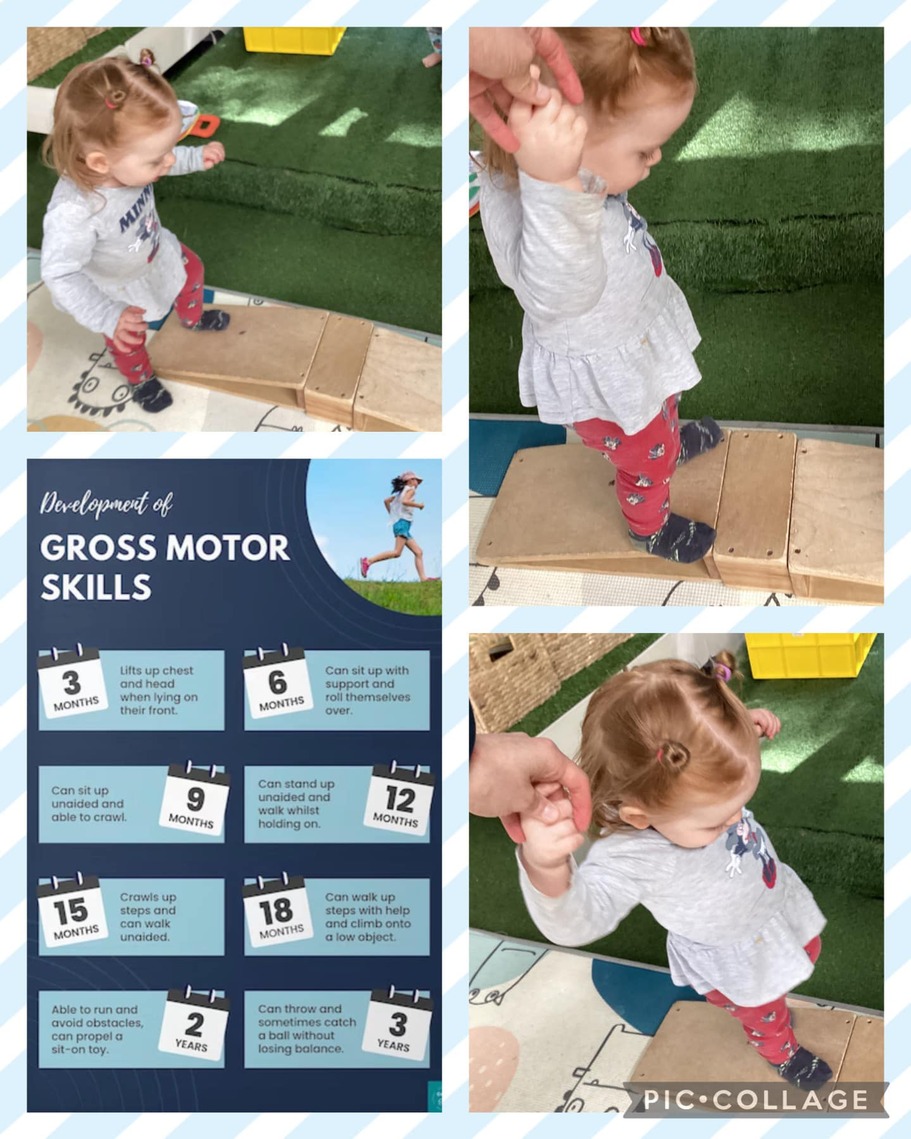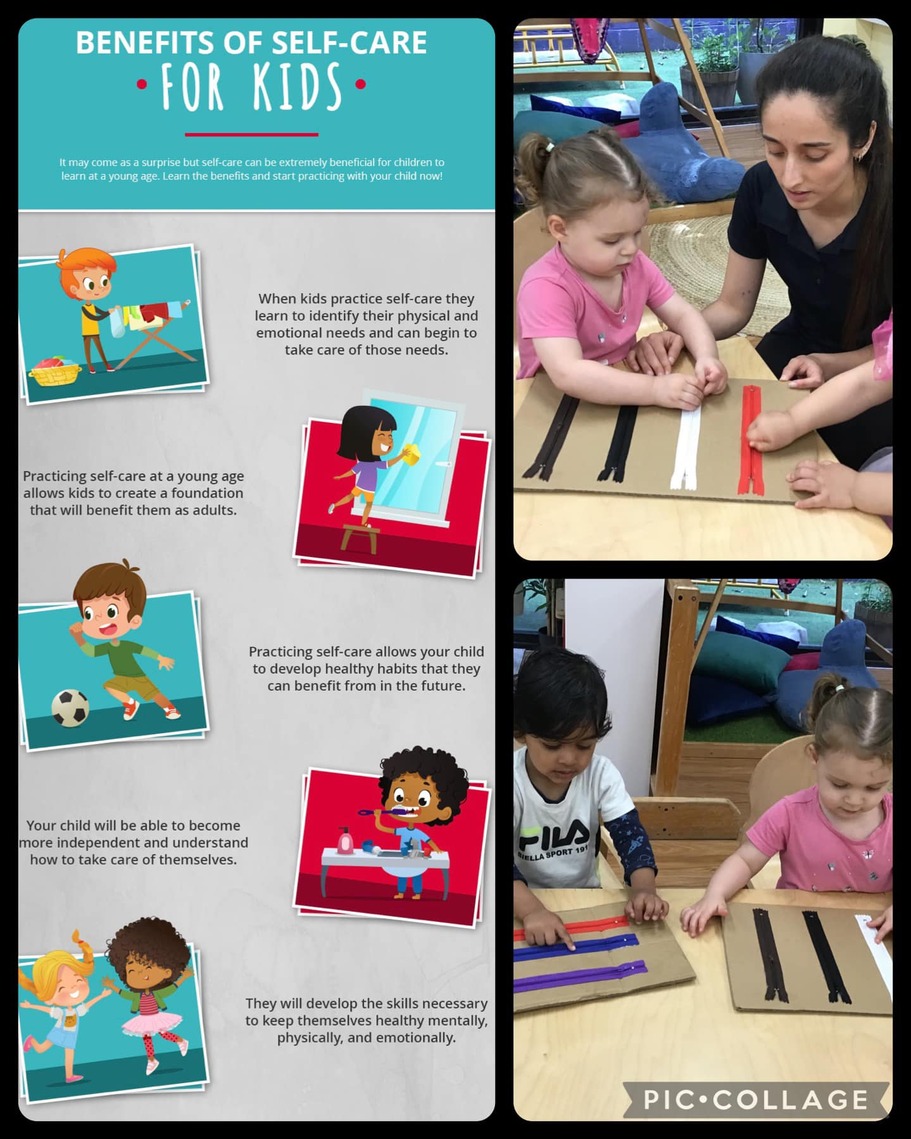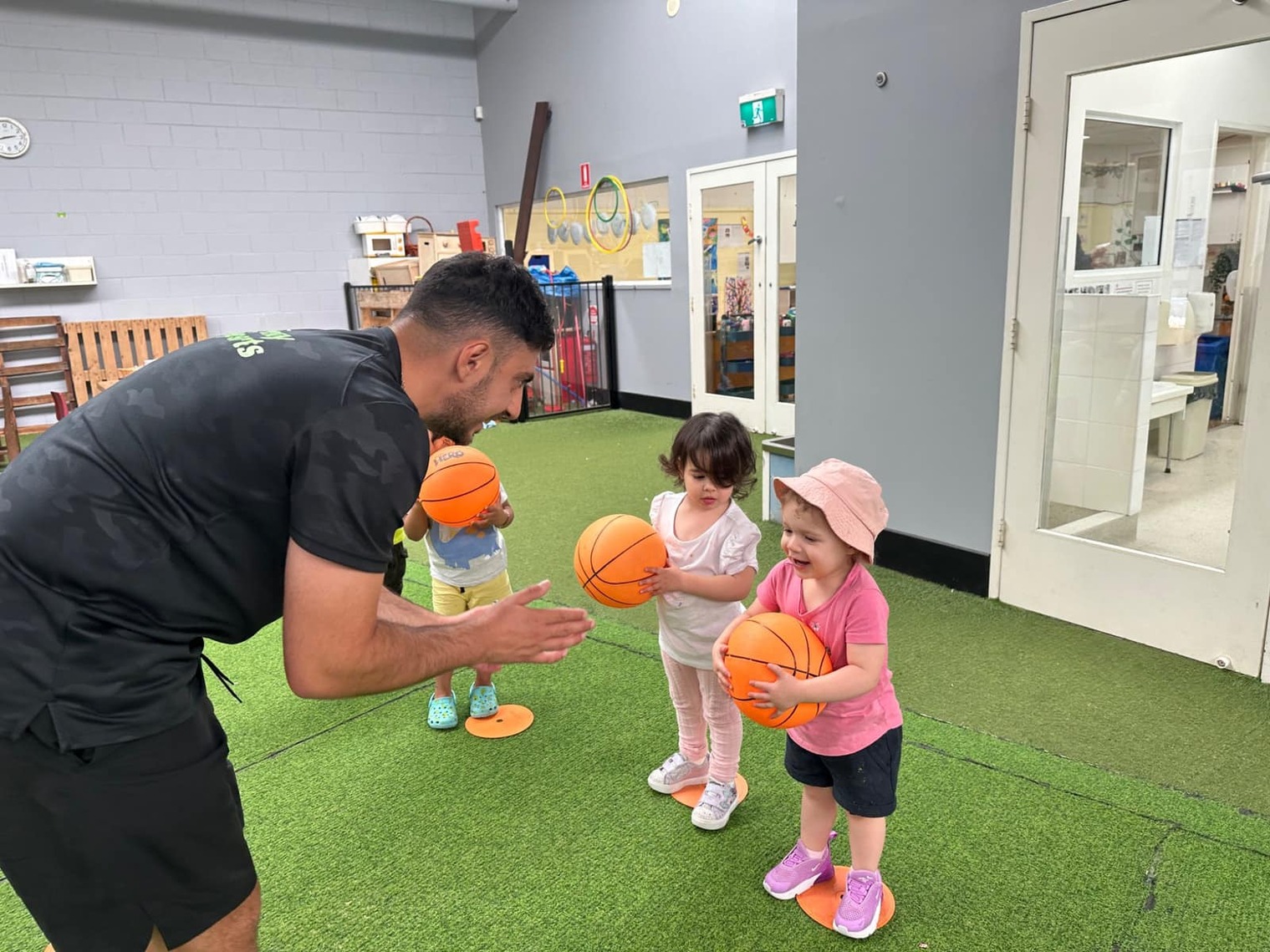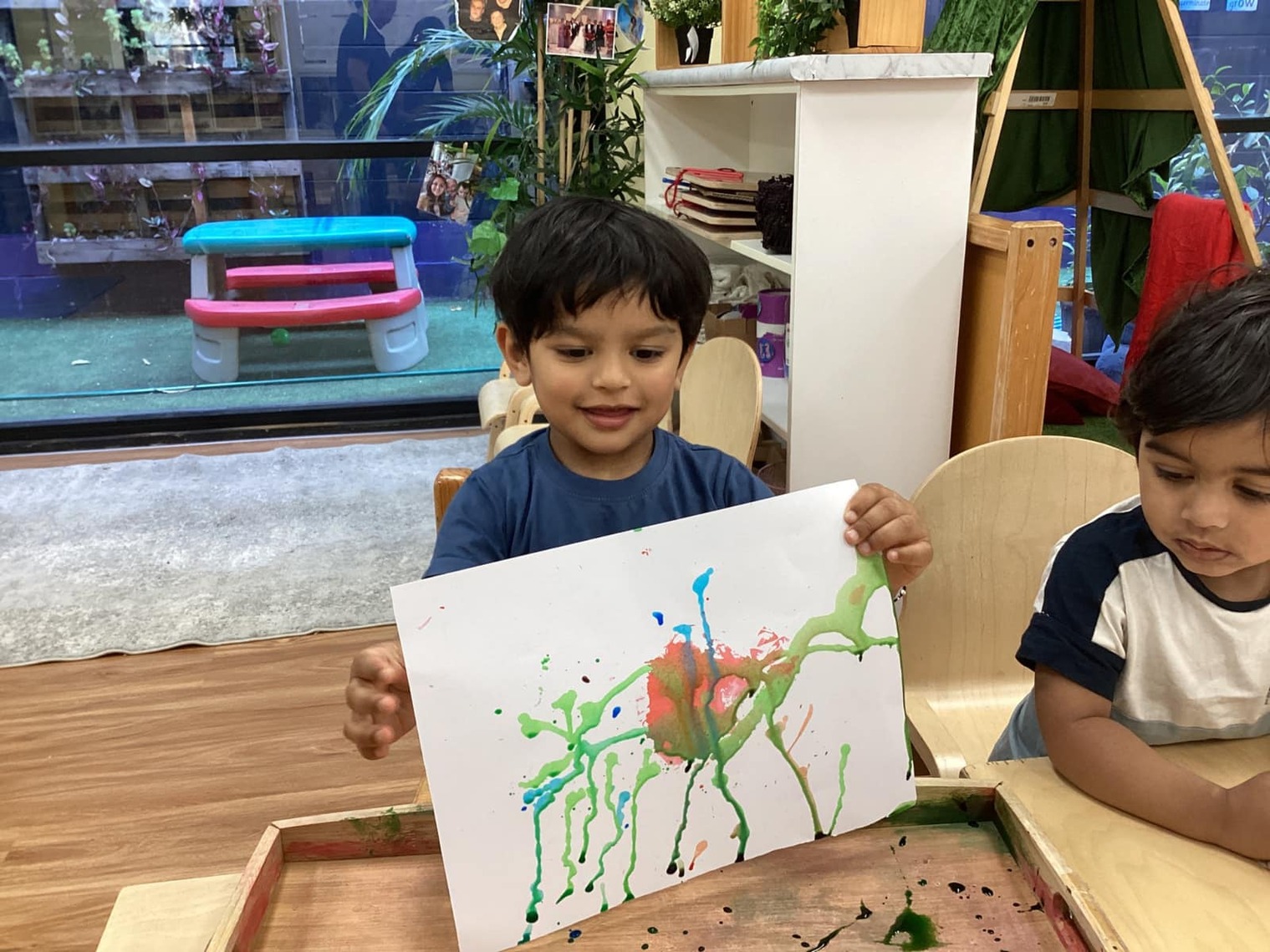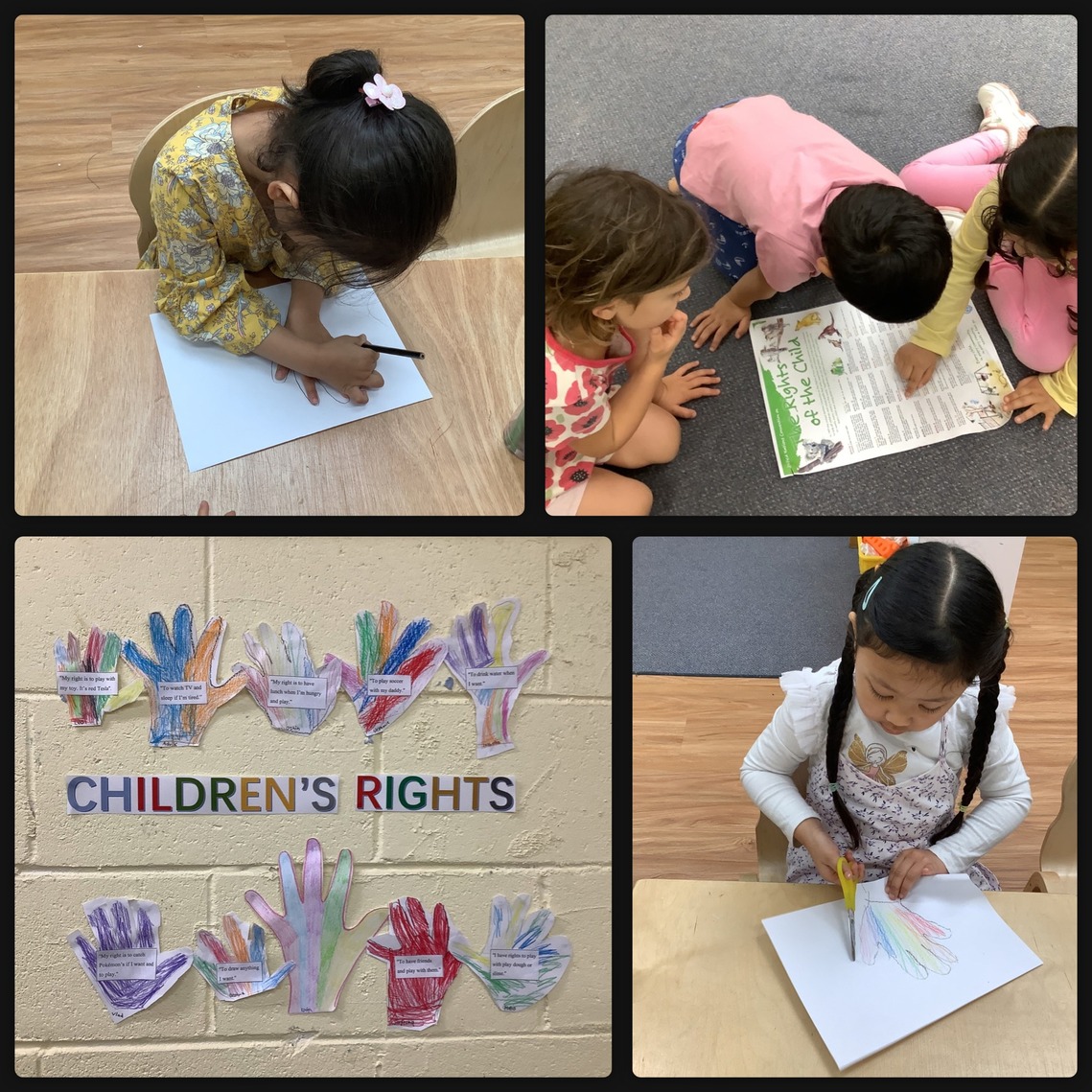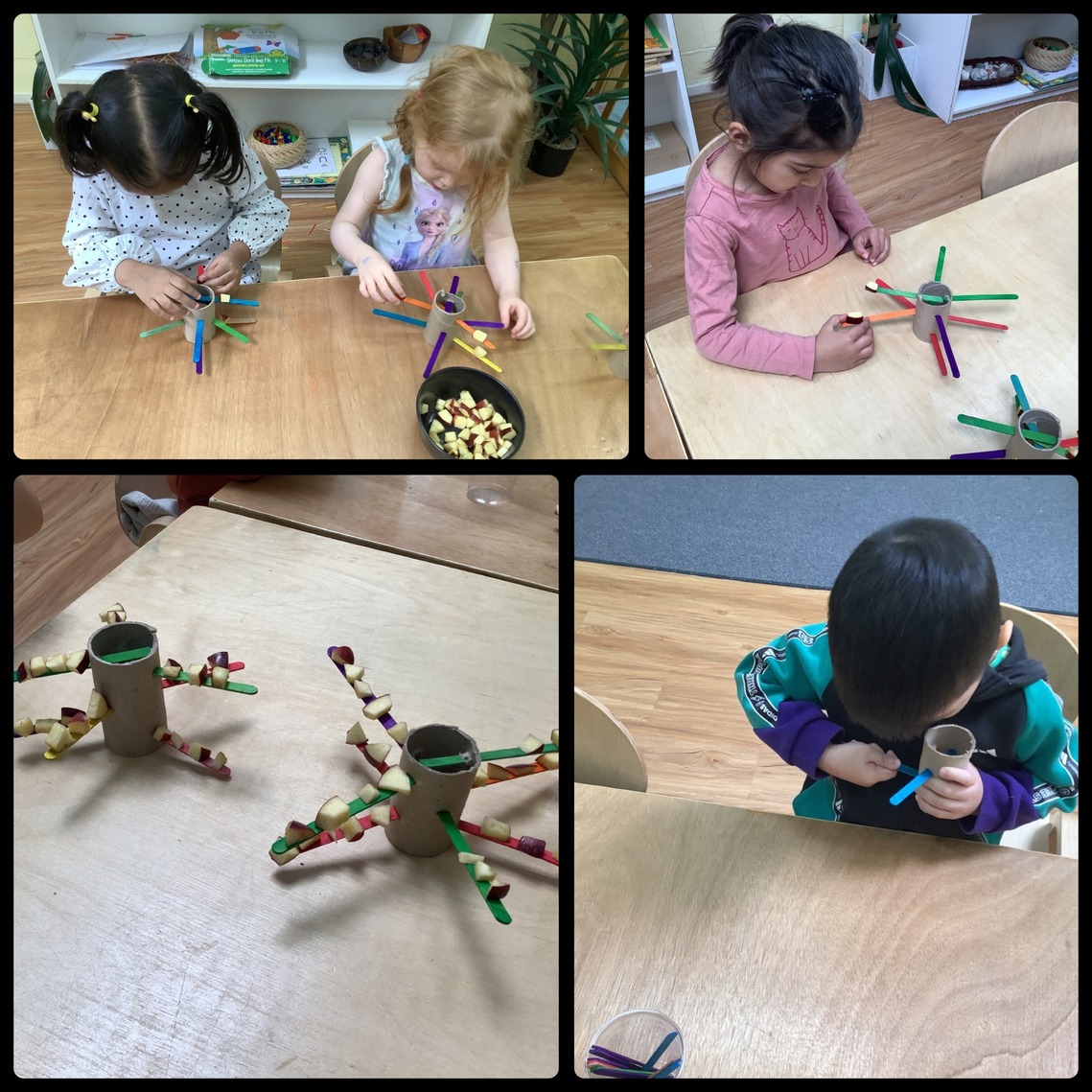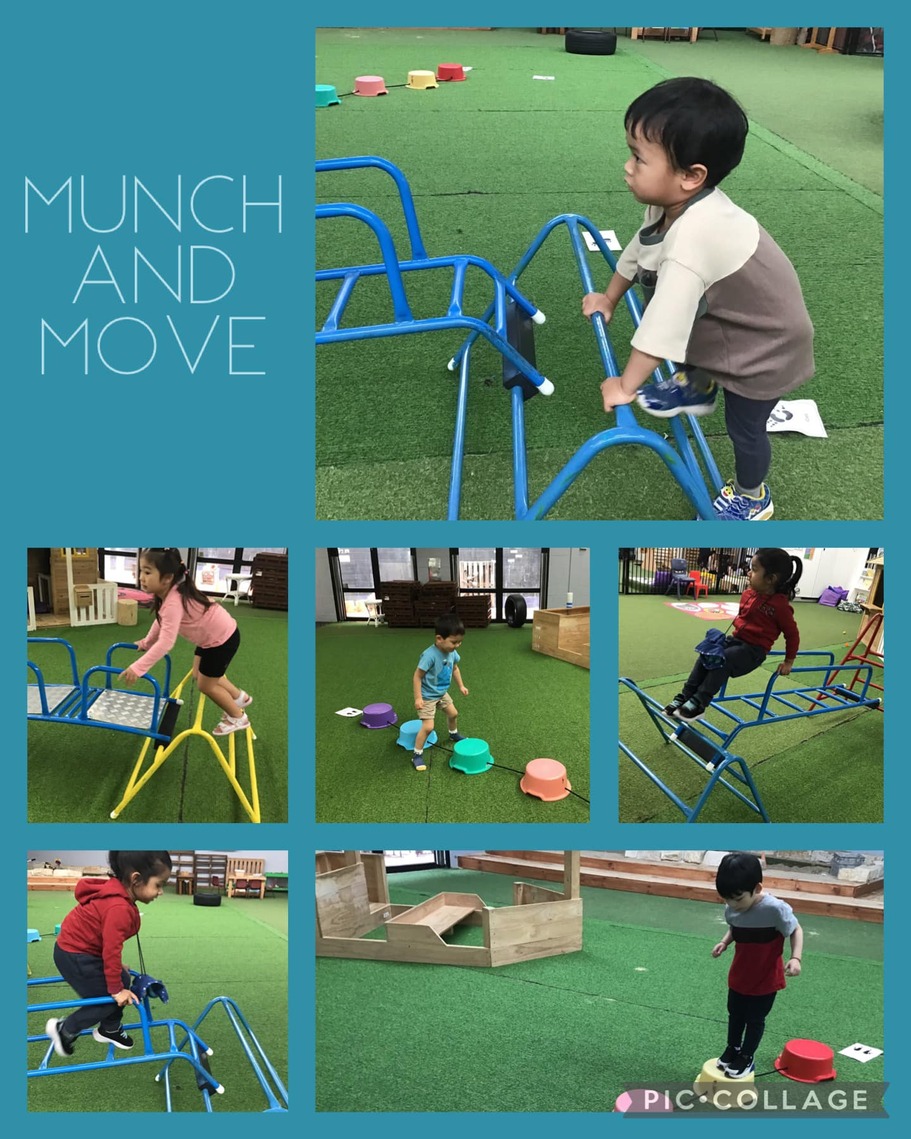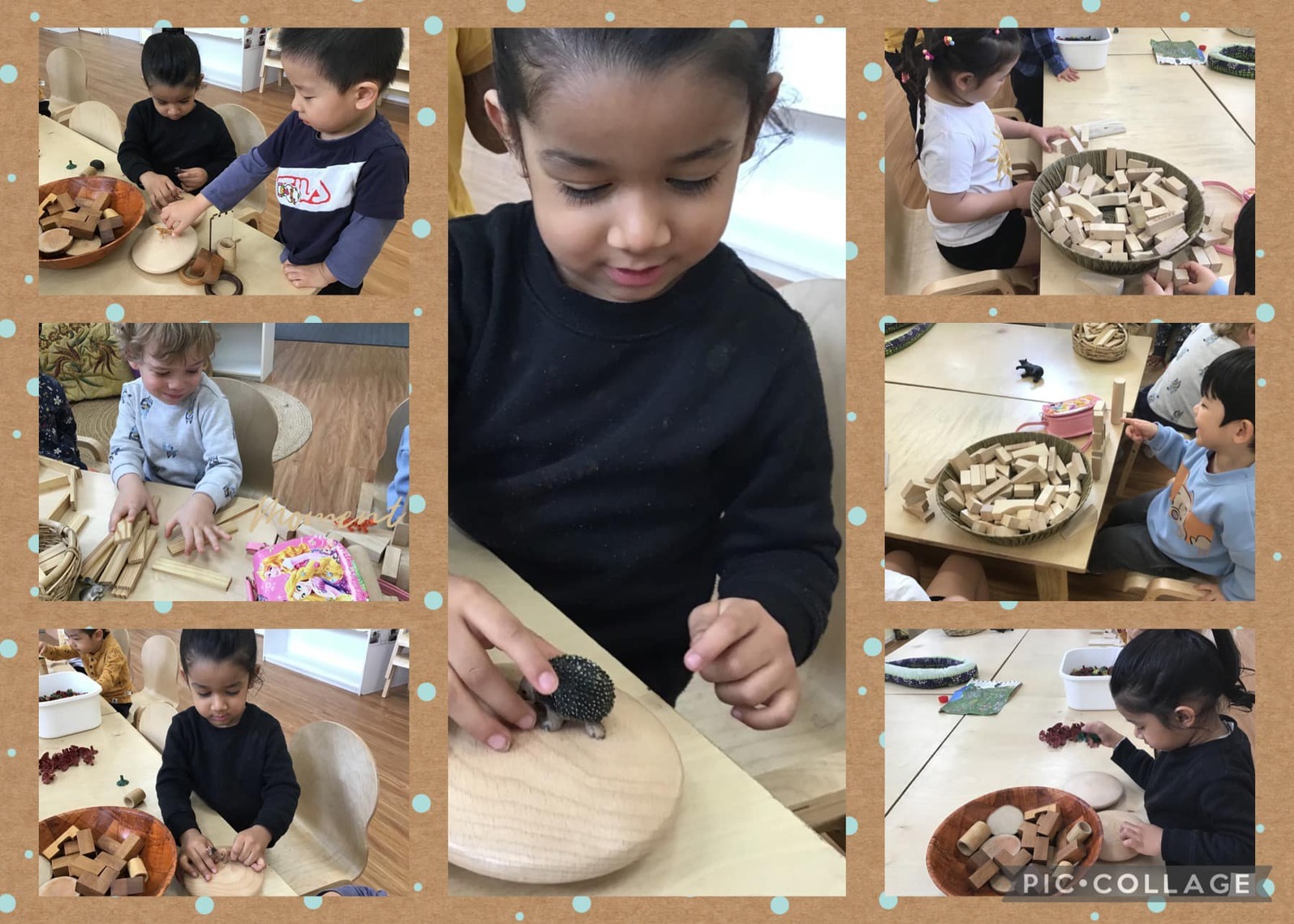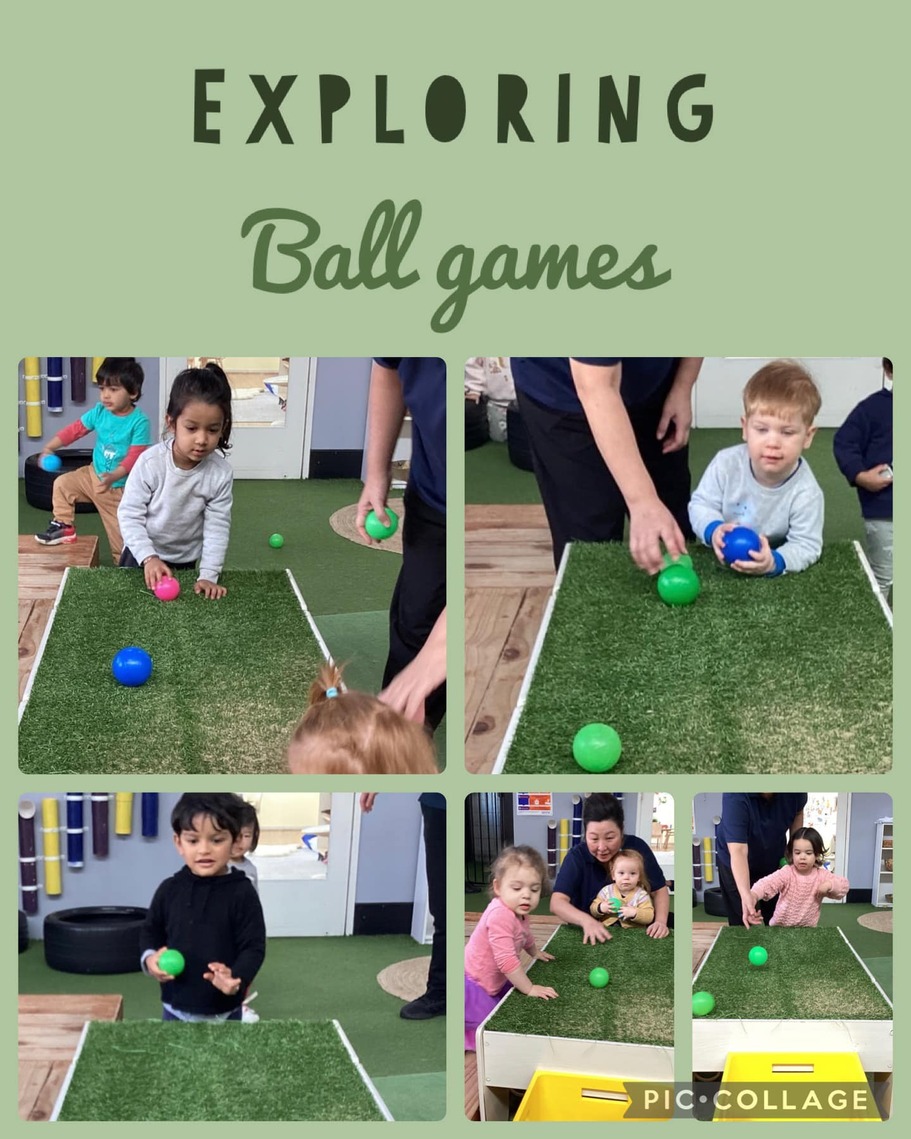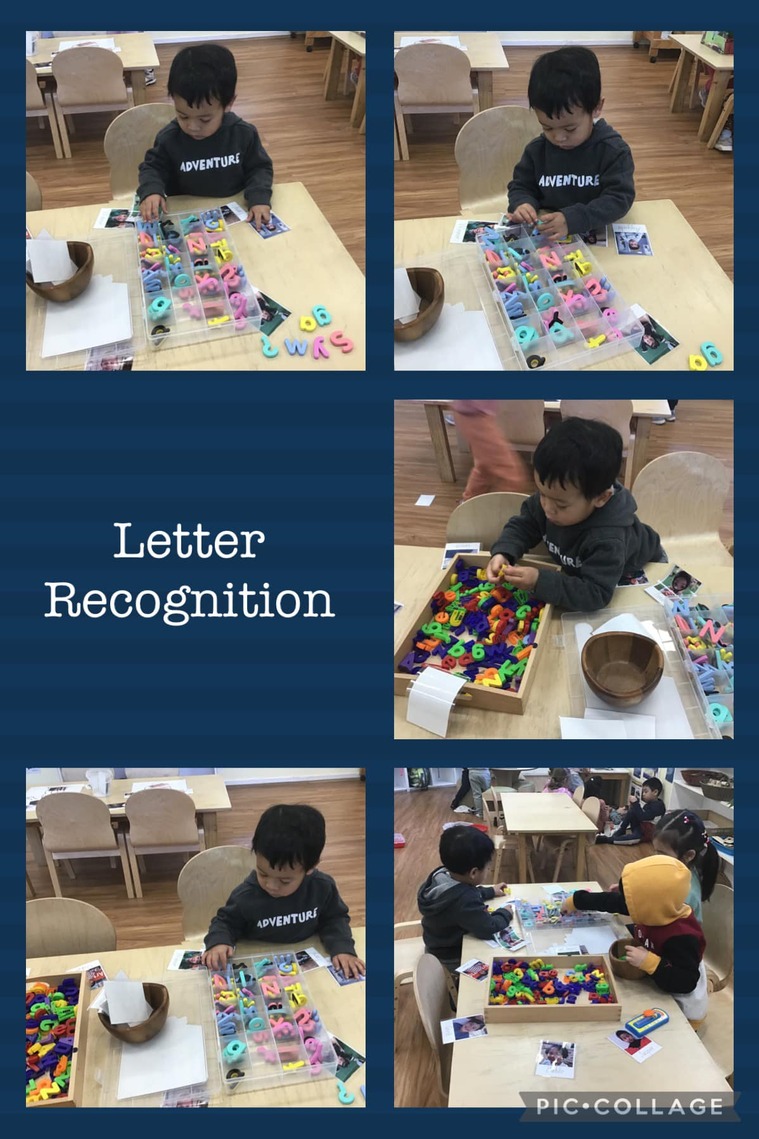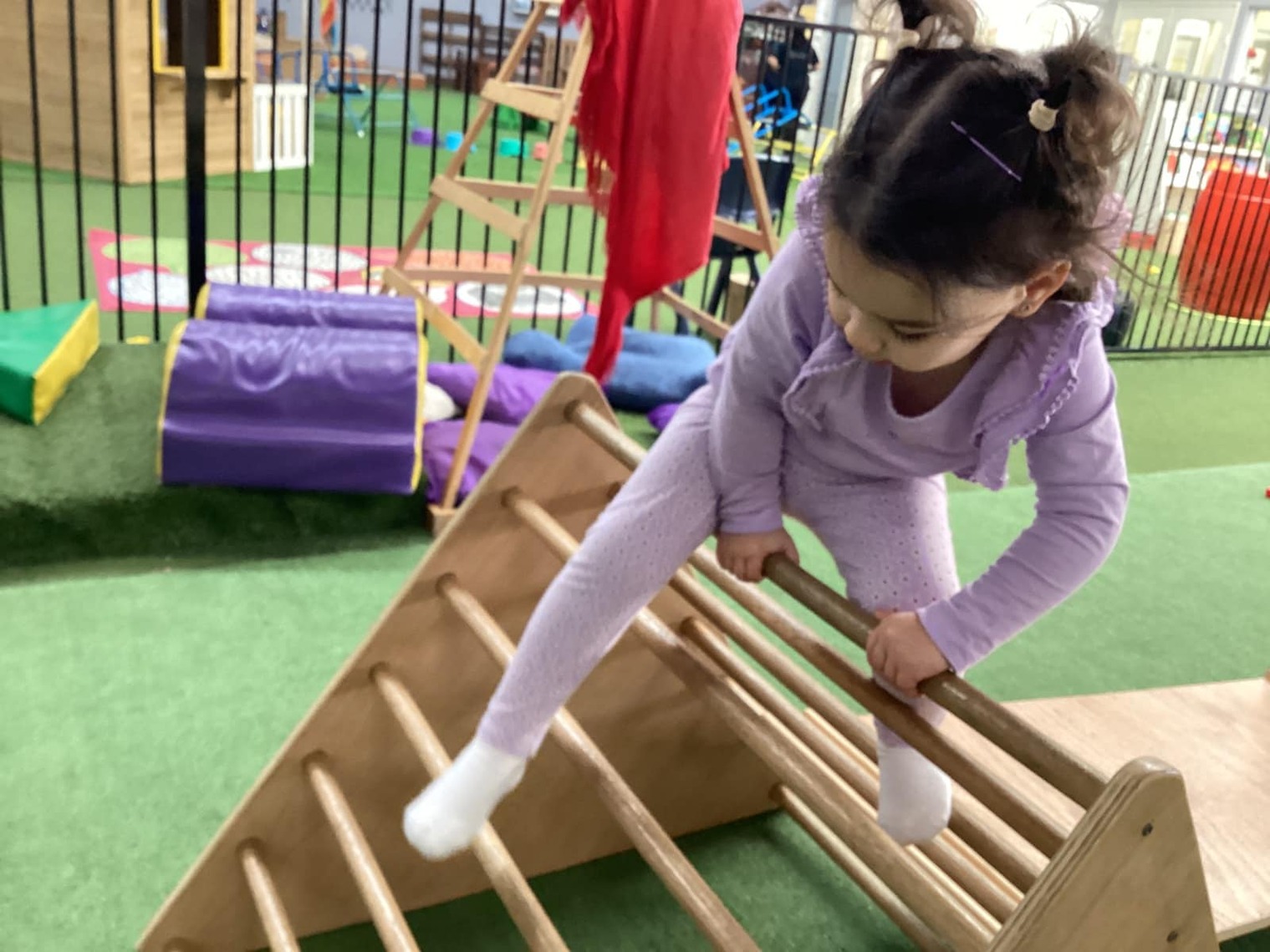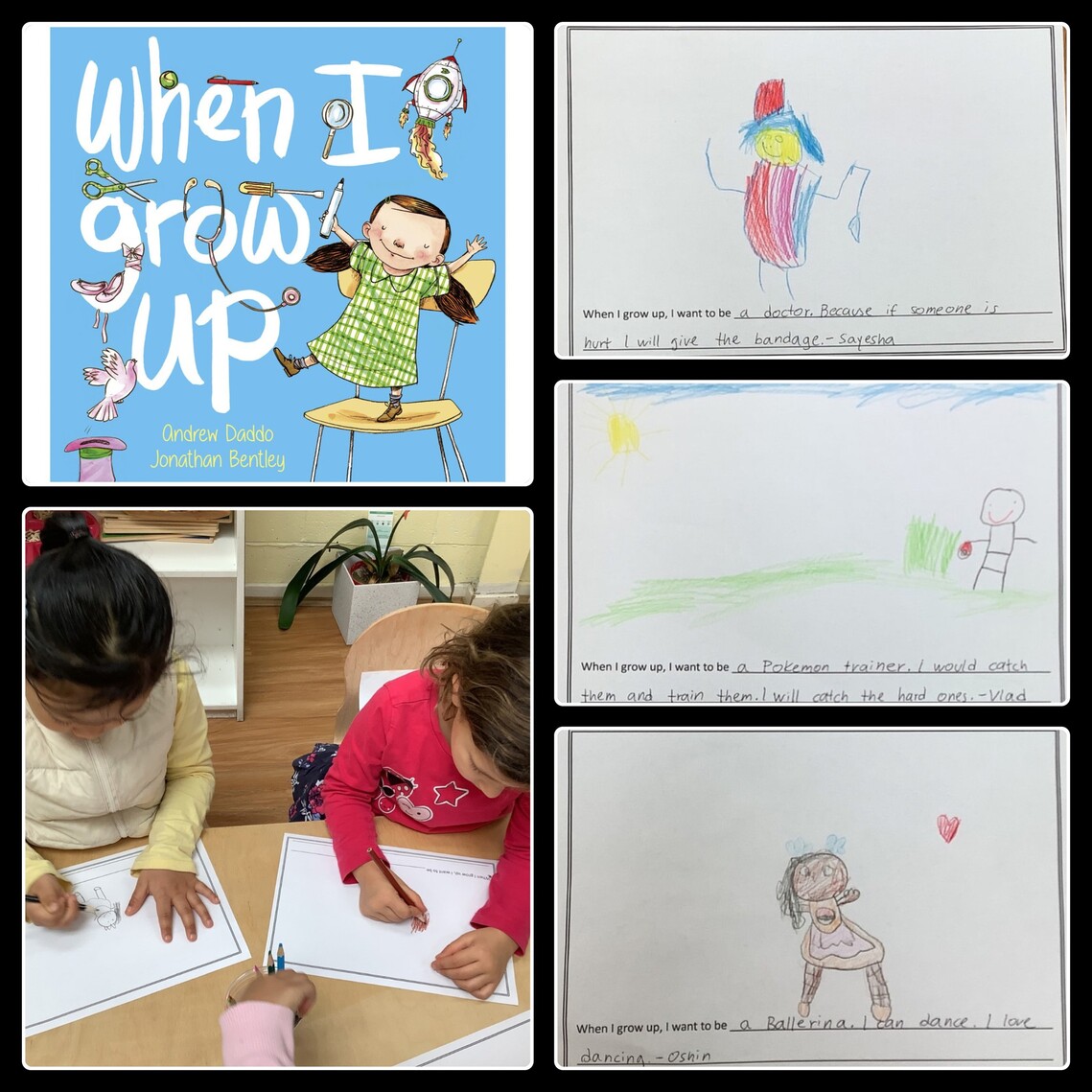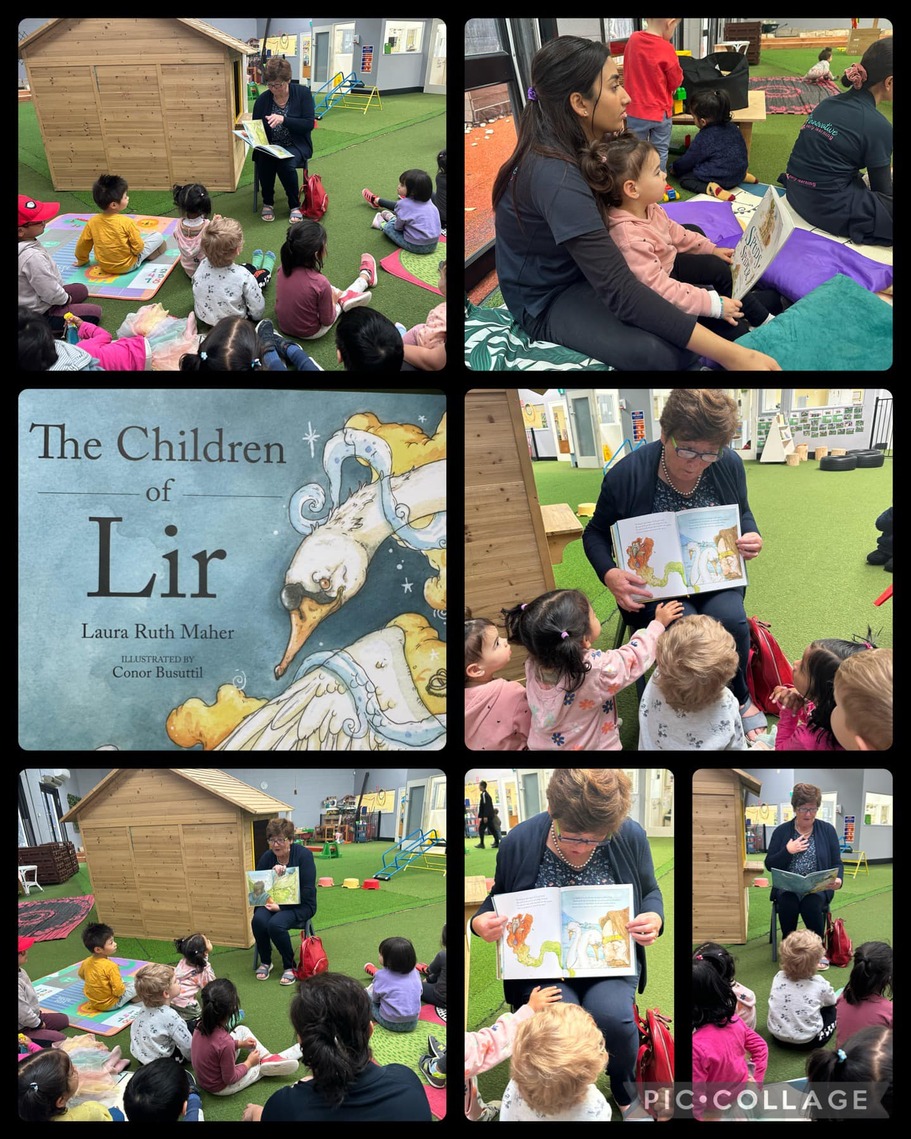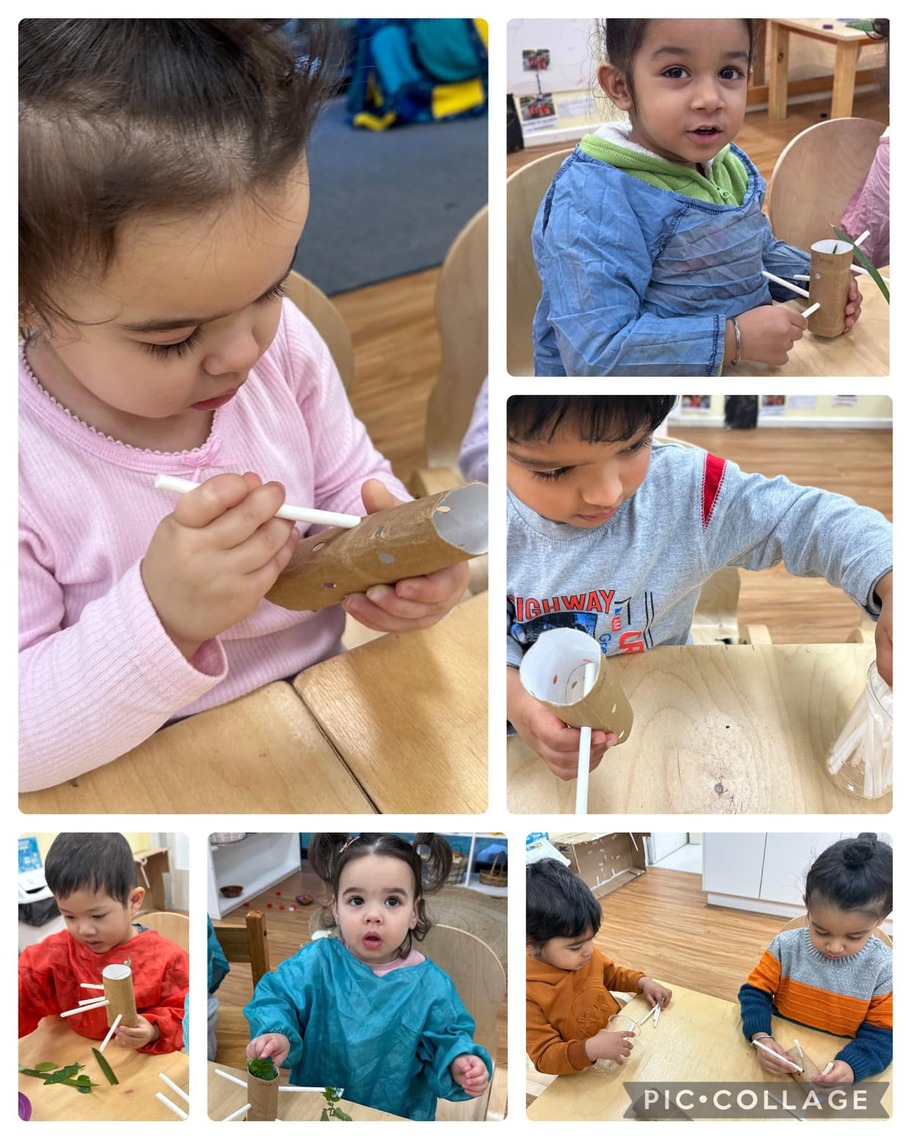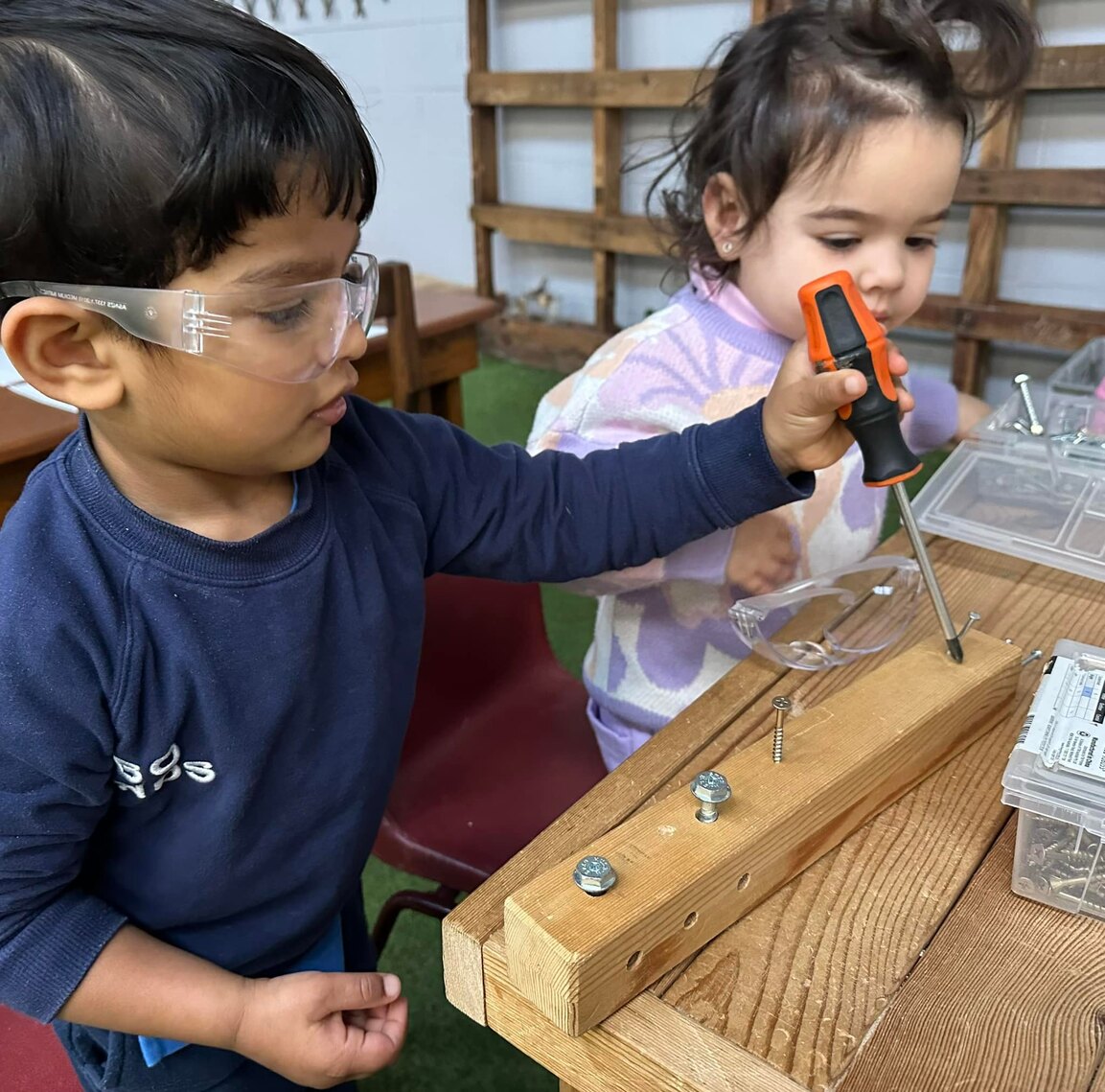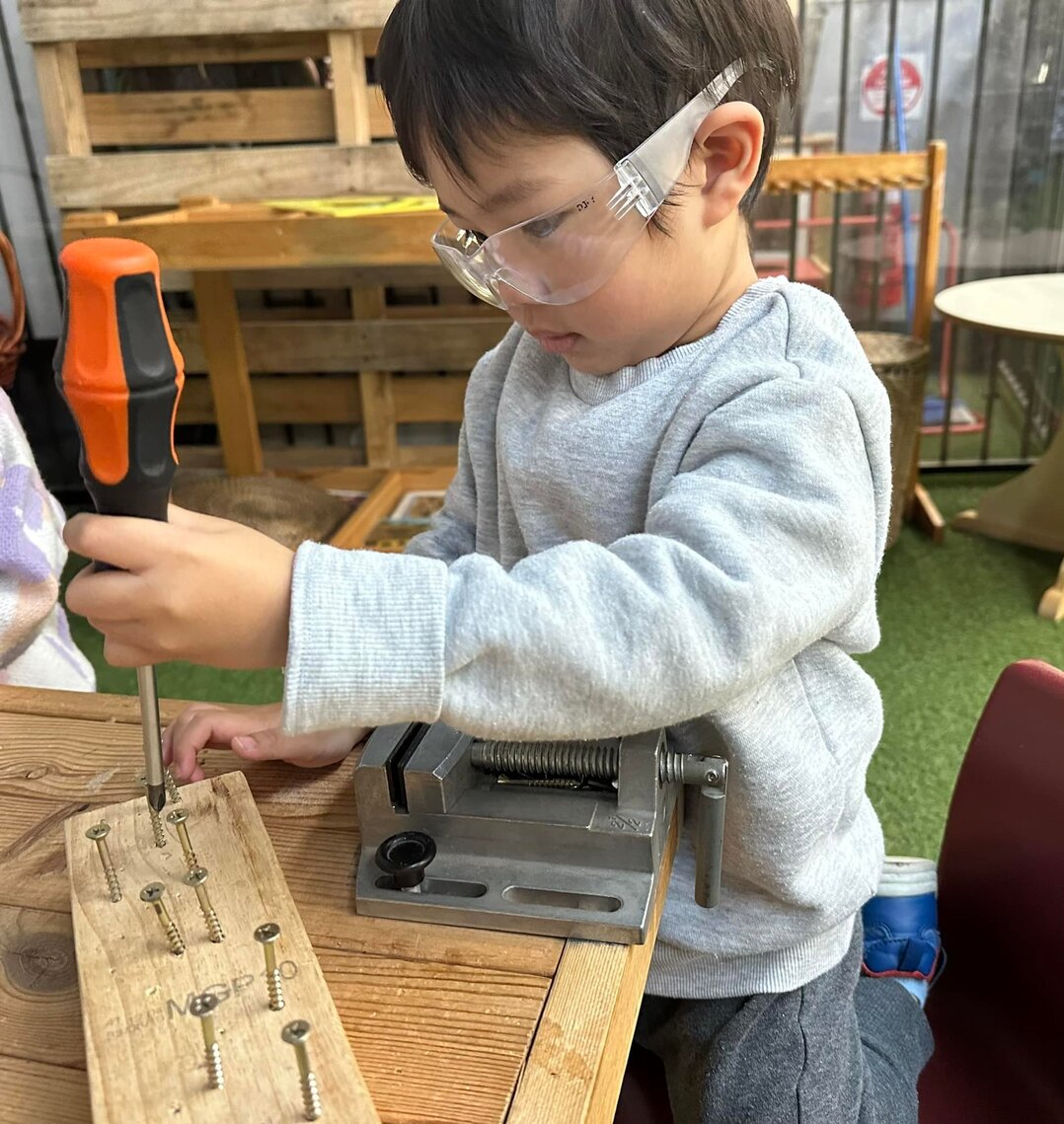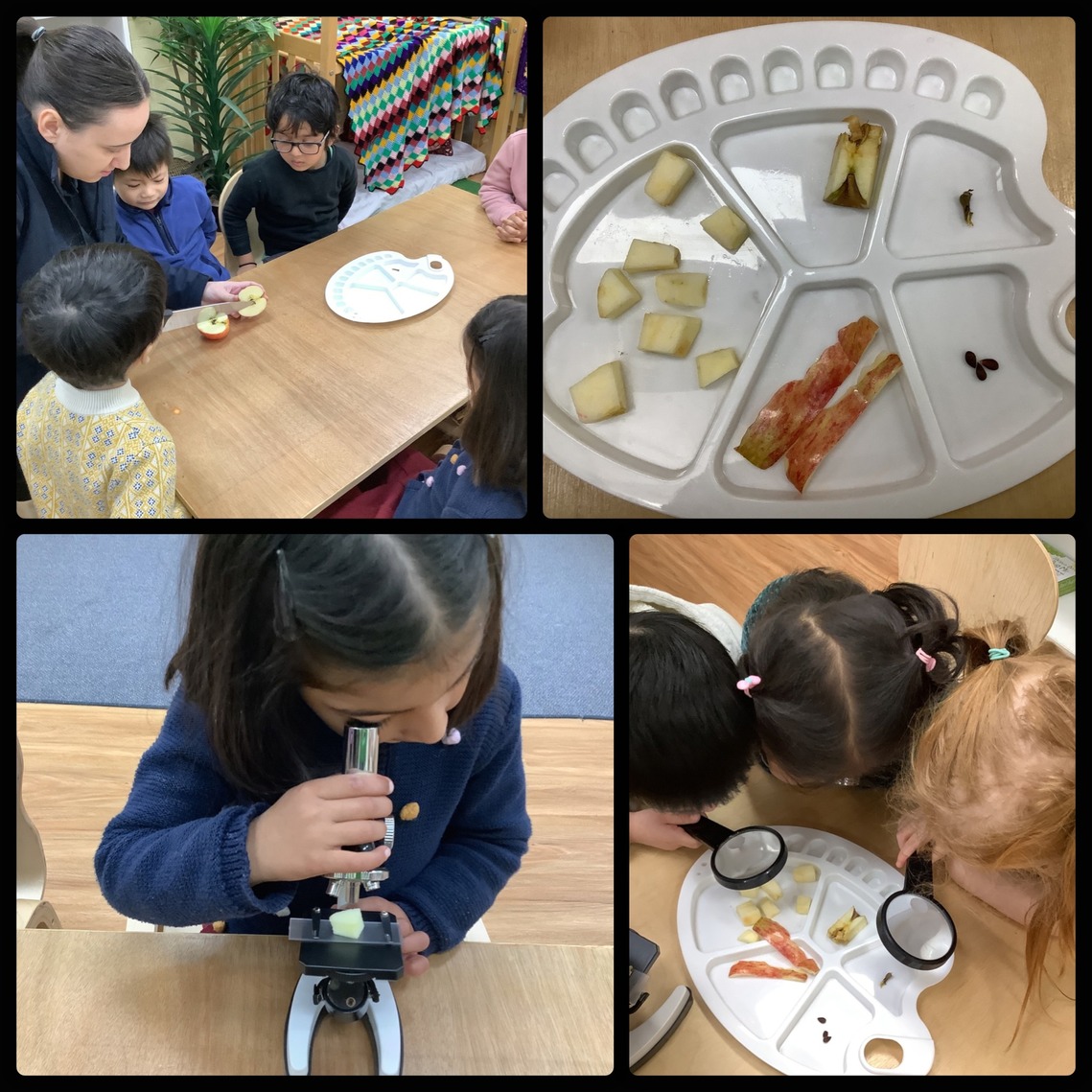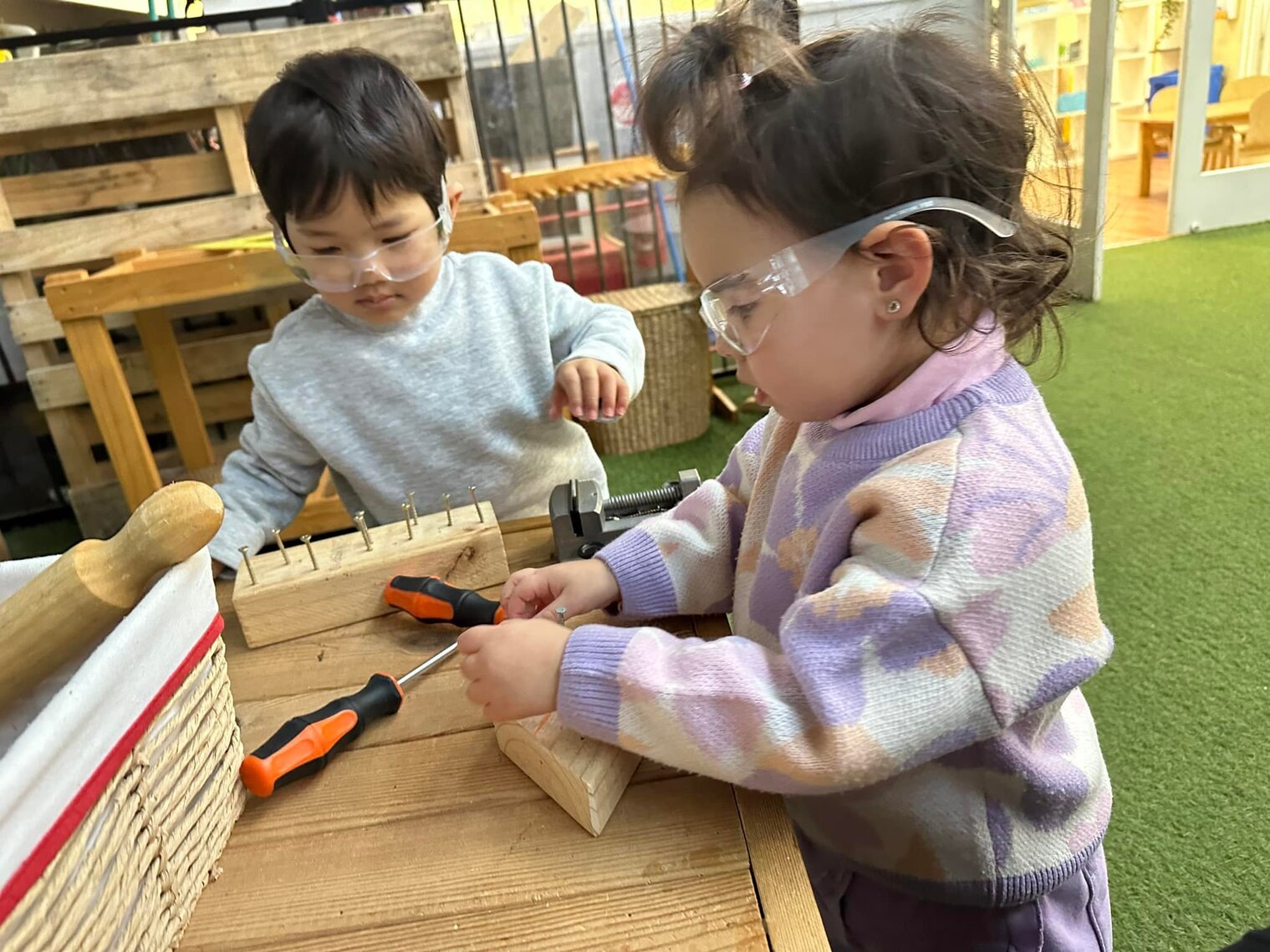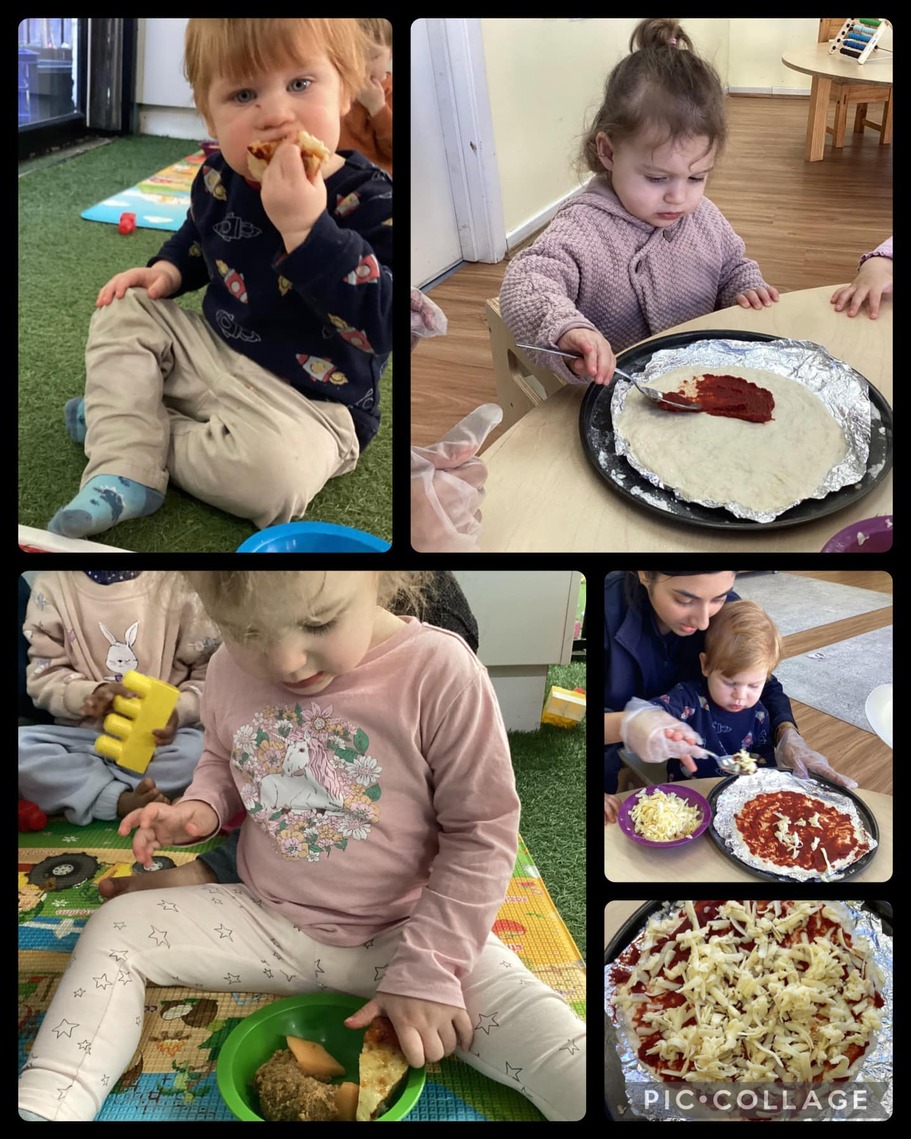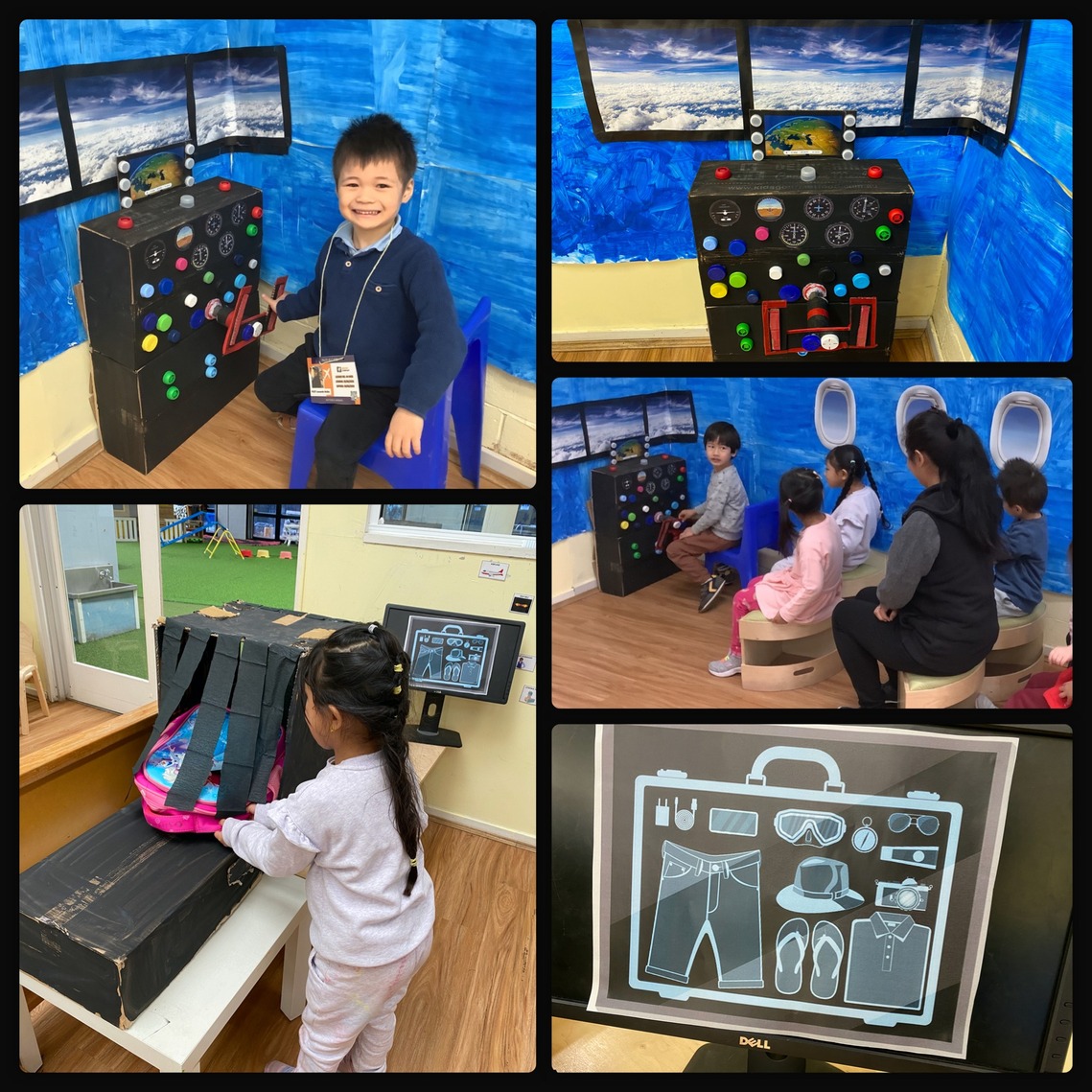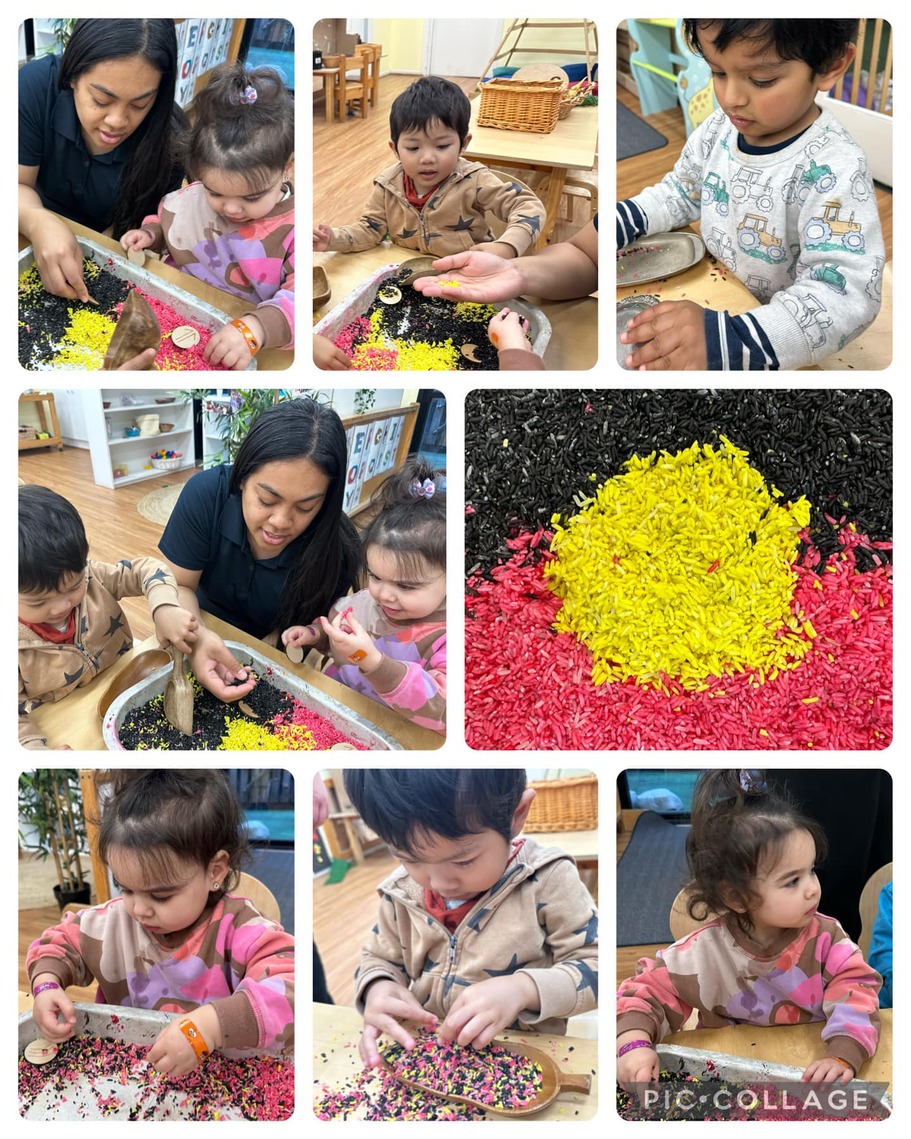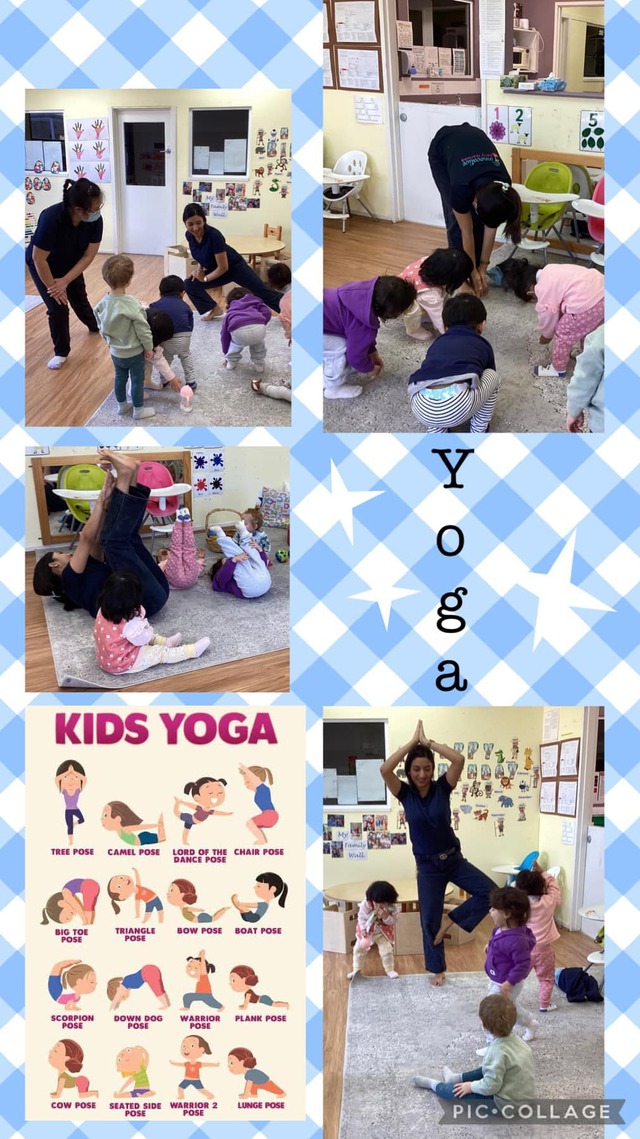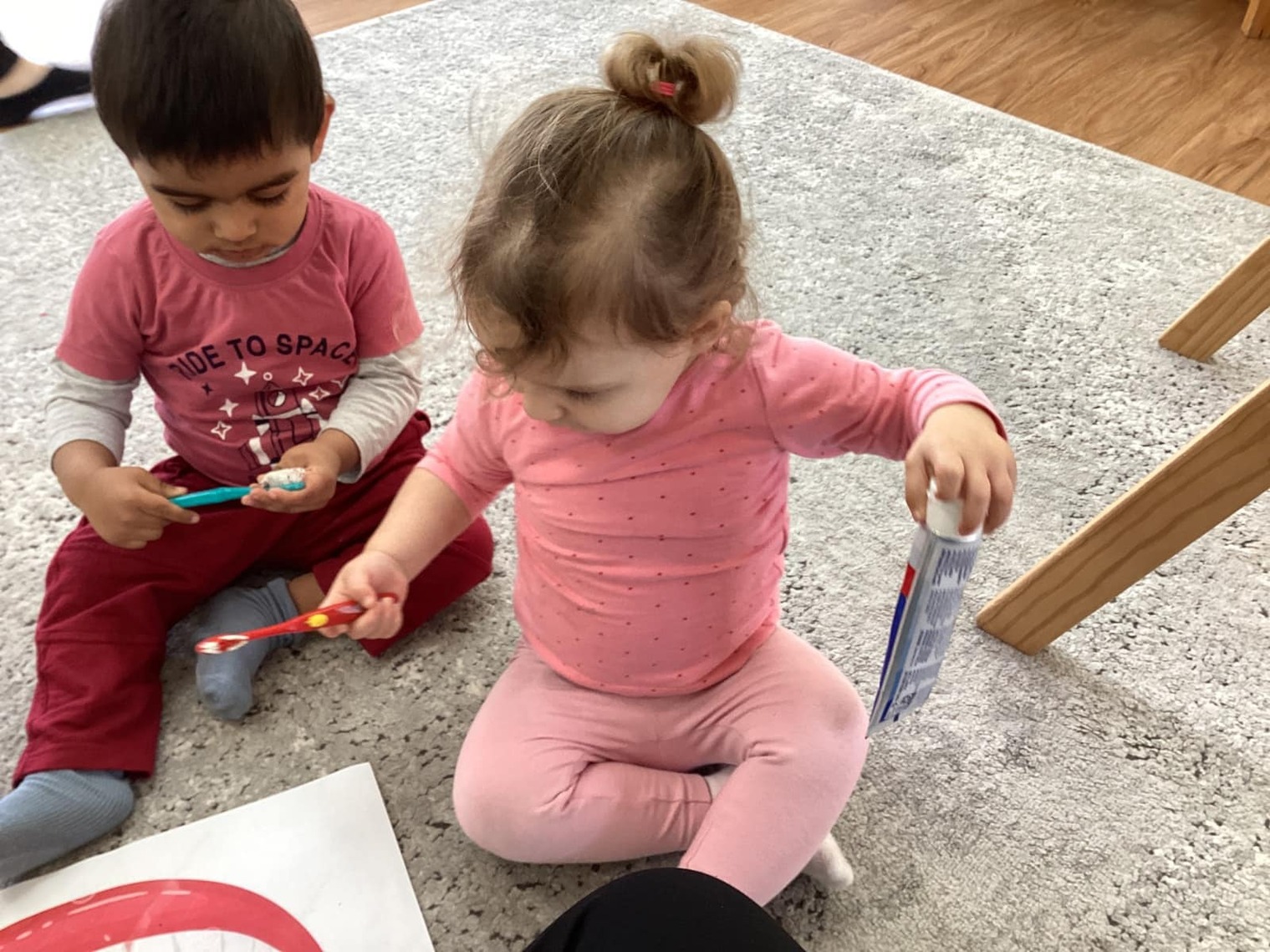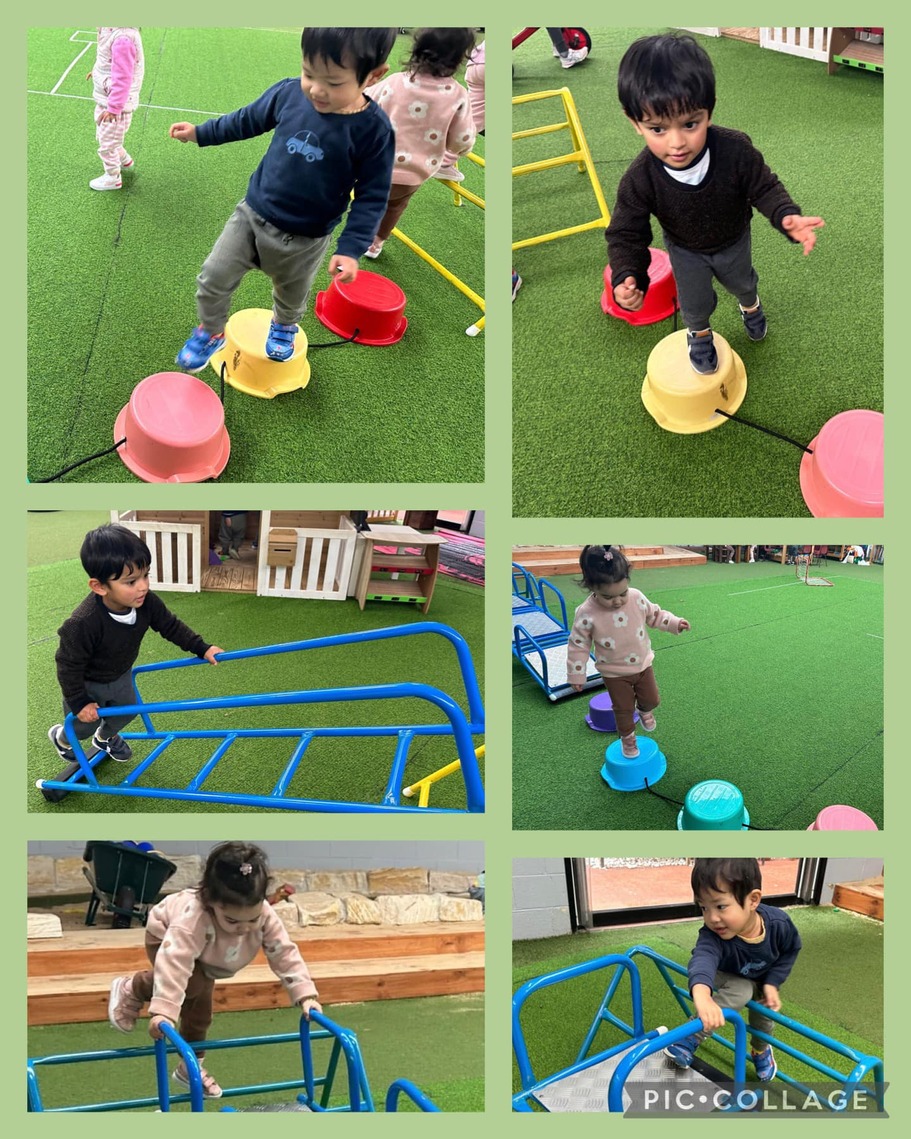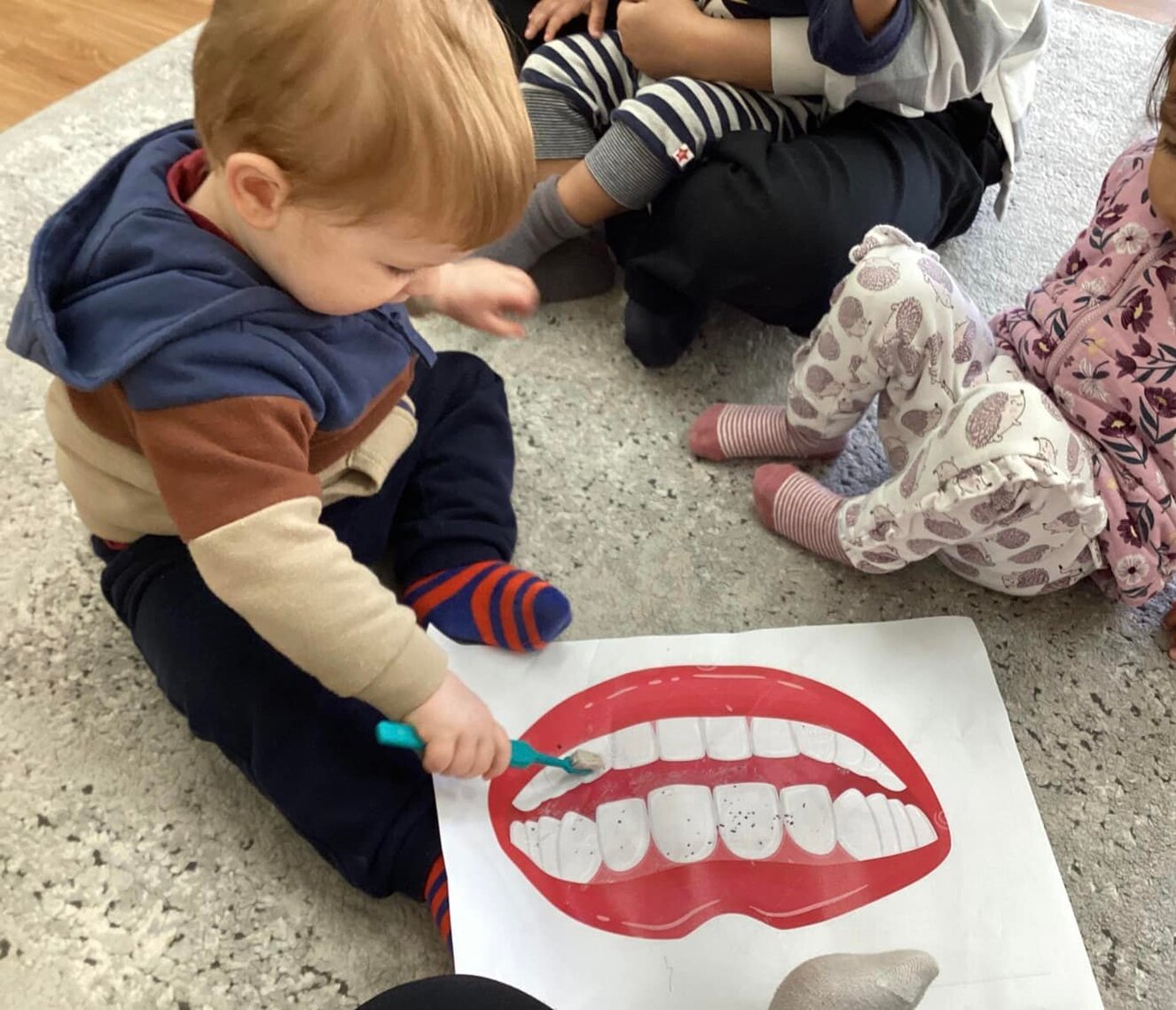Curriculum
Early Years Learning Framework (EYLF)
|
Belonging, Being and Becoming is the Australian first national Early Years Learning Framework for early childhood educators. The aim of this document is to extend and enrich children’s learning from birth to five years. The Council of Australian Governments has developed this Framework to assist educators to provide young children with the opportunities to maximise their potential and develop a foundation for future success in learning.
The Framework draws on conclusive international evidence that early childhood is a vital period in children’s learning and development. It has been developed with considerable input from the early childhood sector, early childhood academics and the Australian and State and Territory Governments. The Framework forms the foundation for ensuring that children in all early childhood education and care settings experience quality teaching and learning. It has a specific emphasis on play-based learning and recognises the importance of communication and language (including early literacy and numeracy) and social and emotional development. The Framework has been designed for use by early childhood educators working in partnership with families, children’s first and most influential educators.

The Early childhood educators are guided by the Framework and will reinforce in their daily practice the principles laid out in the United Nations Convention on the Rights of the Child (the Convention). The Convention states that all children have the right to an education that lays a foundation for the rest of their lives, maximises their ability, and respects their family, cultural and other identities and languages. The Convention also recognises children’s right to play and be active participants in all matters affecting their lives.
The three main components of the EYLF framework are:
BELONGING Experiencing belonging – knowing where and with whom you belong – is integral to human existence. Children belong first to a family, a cultural group, a neighbourhood and a wider community. Belonging acknowledges children’s interdependence with others and the basis of relationships in defining identities. In early childhood, and throughout life, relationships are crucial to a sense of belonging. Belonging is central to being and becoming in that it shapes who children are and who they can become.
BEING Childhood is a time to be, to seek and make meaning of the world. Being recognises the significance of the here and now in children’s lives. It is about the present and them knowing themselves, building and maintaining relationships with others, engaging with life’s joys and complexities, and meeting challenges in everyday life. The early childhood years are not solely preparation for the future but also about the present.
BECOMING Children’s identities, knowledge, understandings, capacities, skills and relationships change during childhood. They are shaped by many different events and circumstances. Becoming reflects this process of rapid and significant change that occurs in the early years as young children learn and grow. It emphasises learning to participate fully and actively in society.

Reference: BELONGING, BEING & BECOMING The Early Years Learning Framework for Australia Reproduced by the Australian Government Department of Education and Training. for the Council of Australian Governments.
School Readiness Program |
As part of our Butterfly senior preschool room, we include a comprehensive school readiness program where our children are able to take part and focus on their skills for one hour a day. Our children will develop the necessary skills needed for when they go to kindergarten which includes literacy, numeracy, self-care and independence skills. This will be developed through letter recognition, name writing, cutting, number skills, simple mathematical concepts (addition/subtraction), science experiments and self-care skills (hand washing, toileting, sequencing, dramatic experiences, tying shoes and self-dressing). Our school readiness program coincides with the school calendar and offers a wide variety of learning. A reminder that although our school readiness program is focused on for one hour, we also engage in a range of skills, topics, interests and learning throughout the childs day that relate to school readiness concepts.
Our school readiness program coincides with the school calendar and offers a wide variety of learning.

What "Learning through Play" looks like: |


